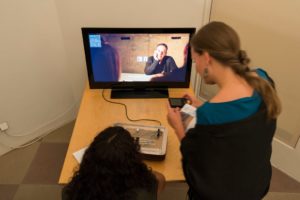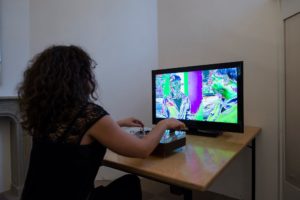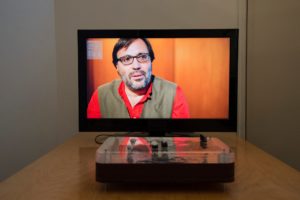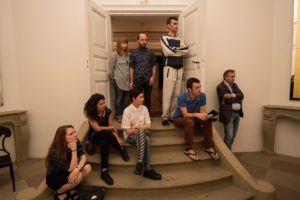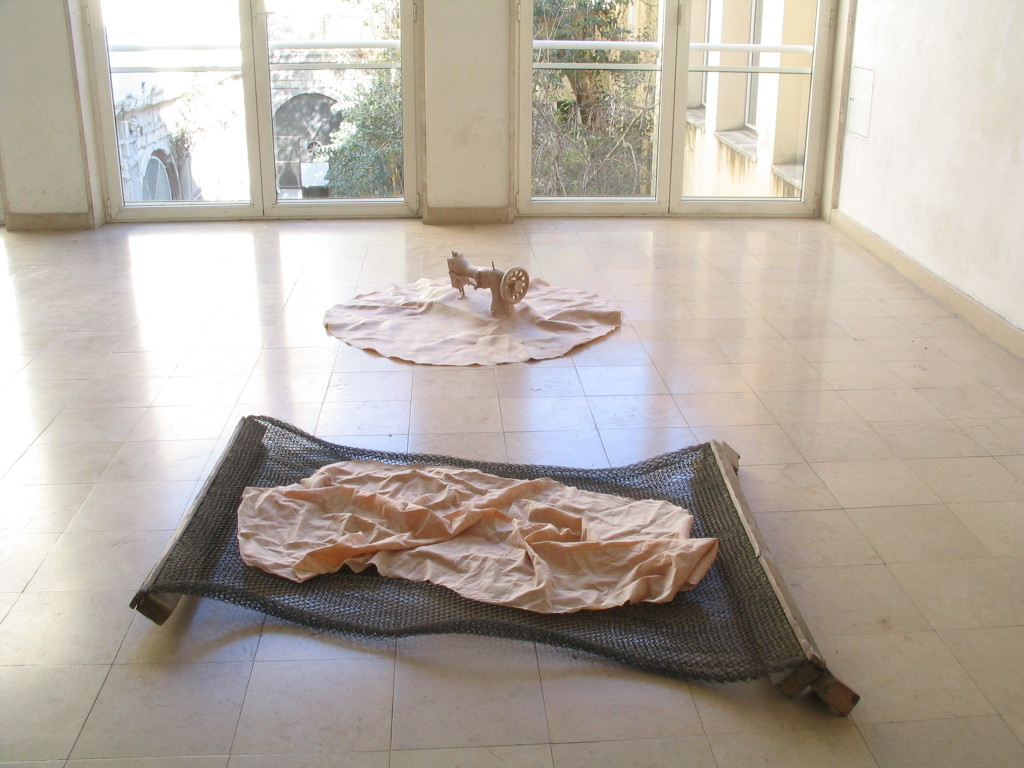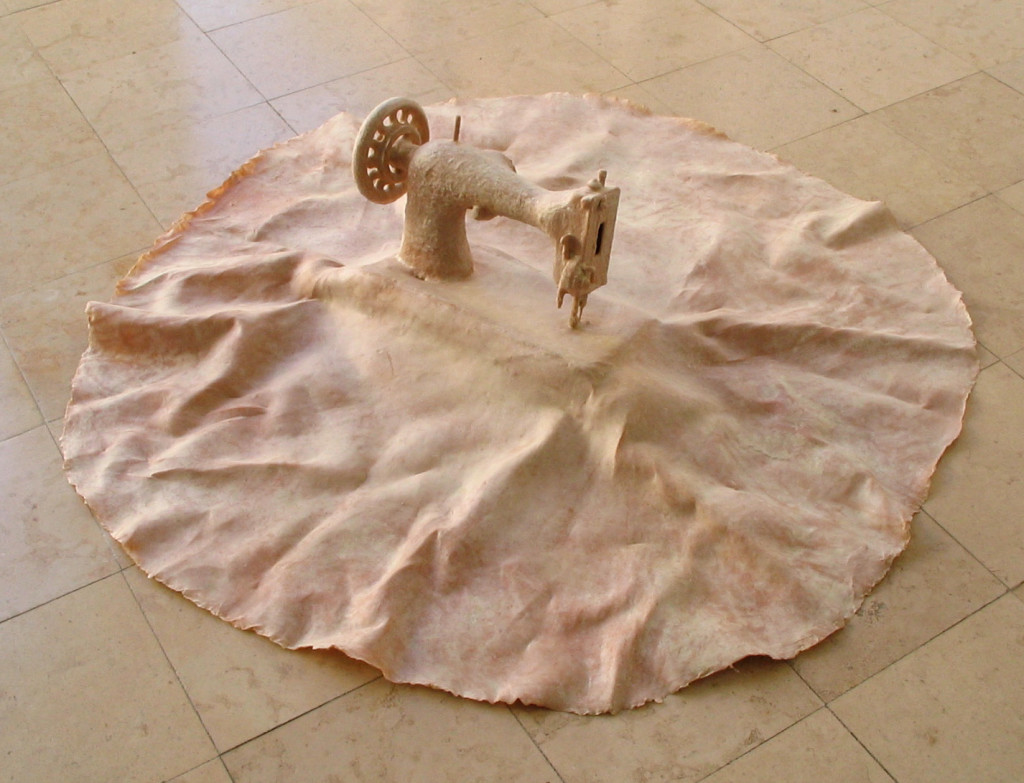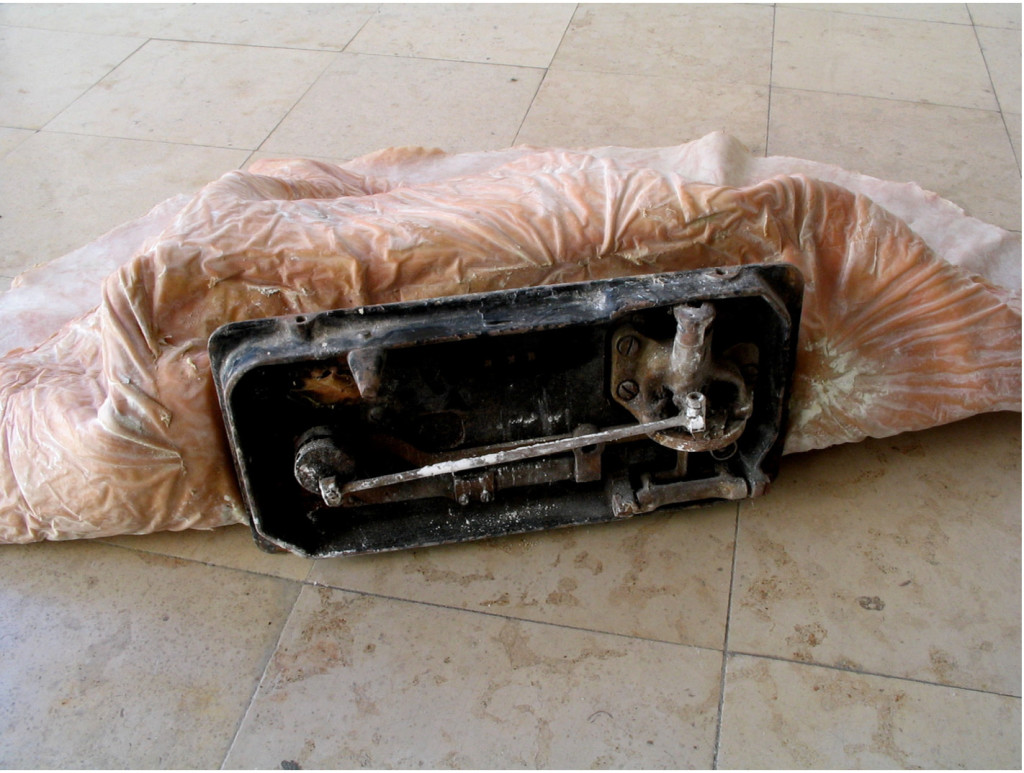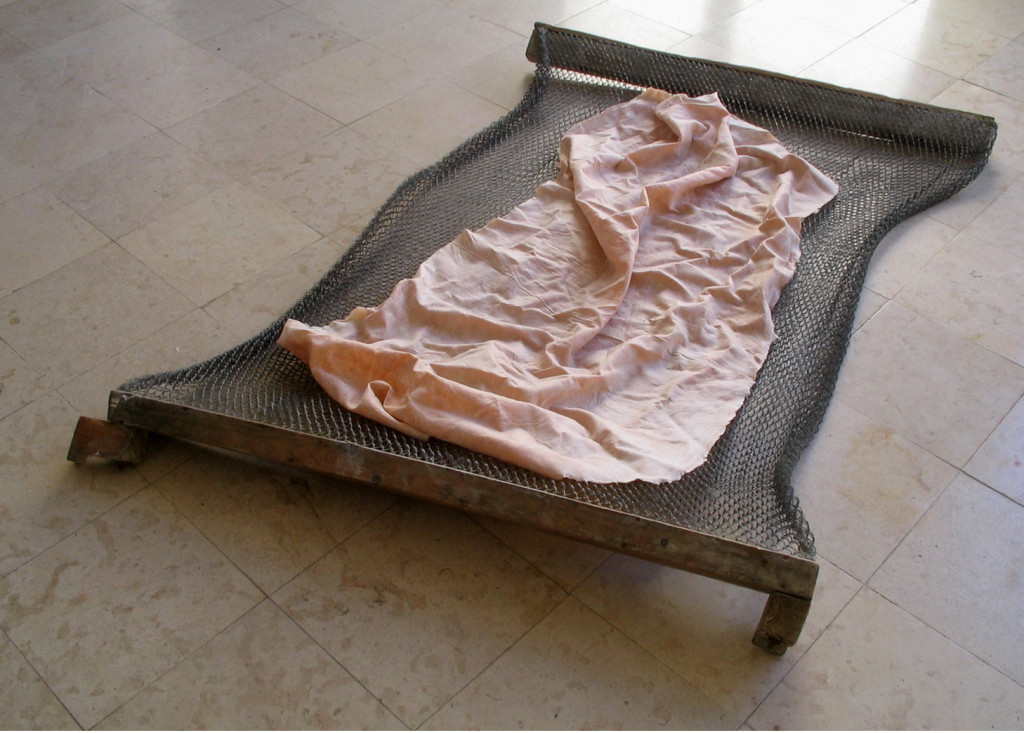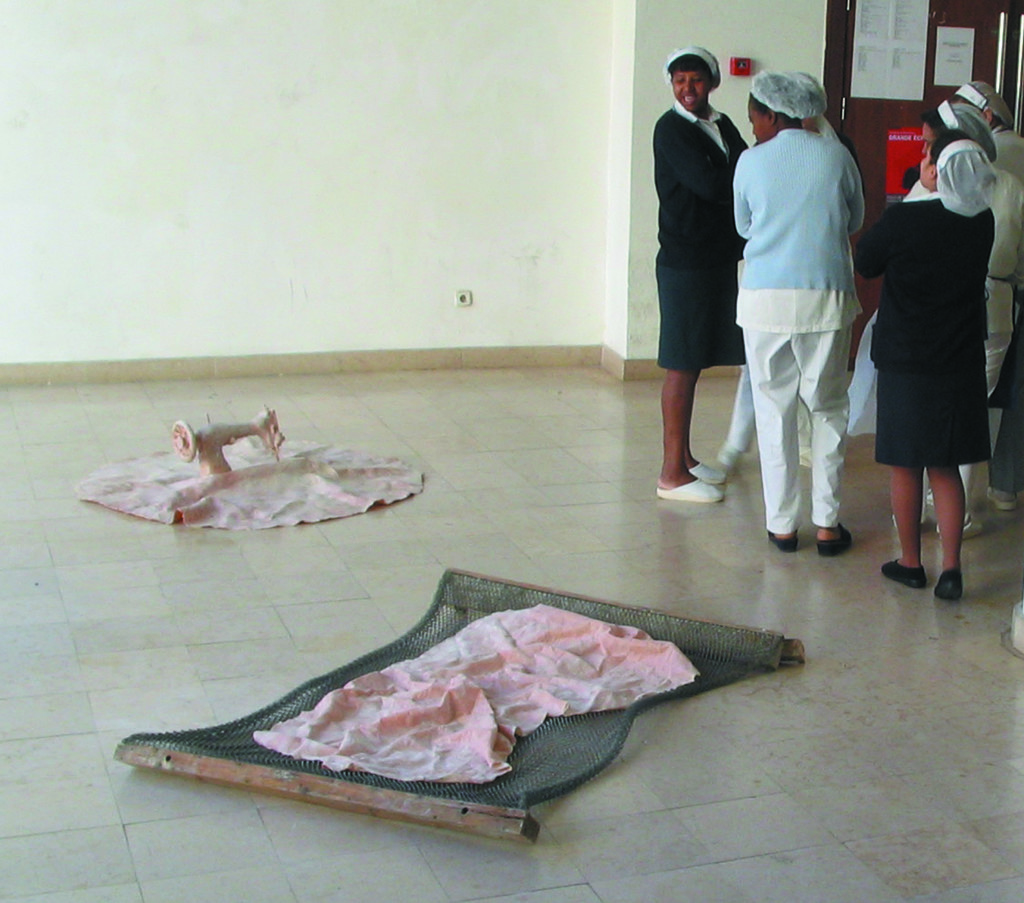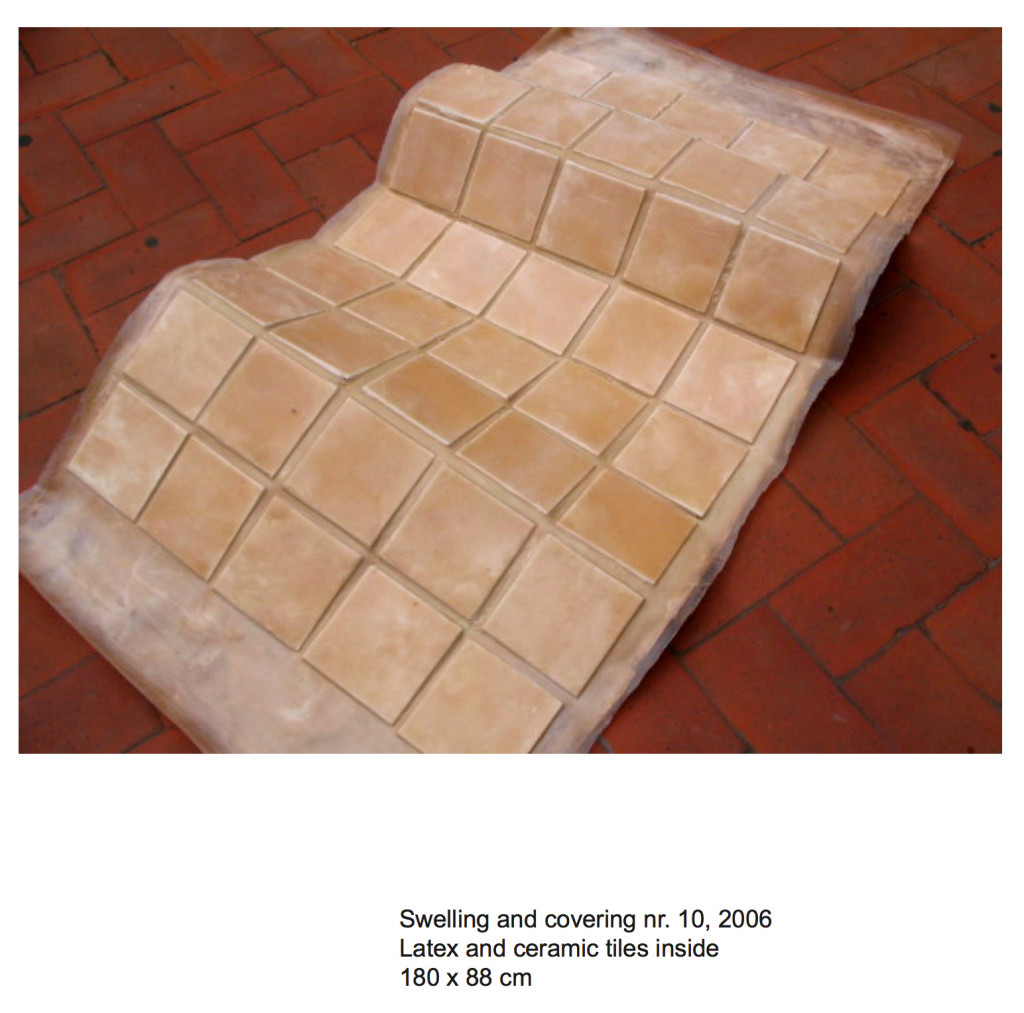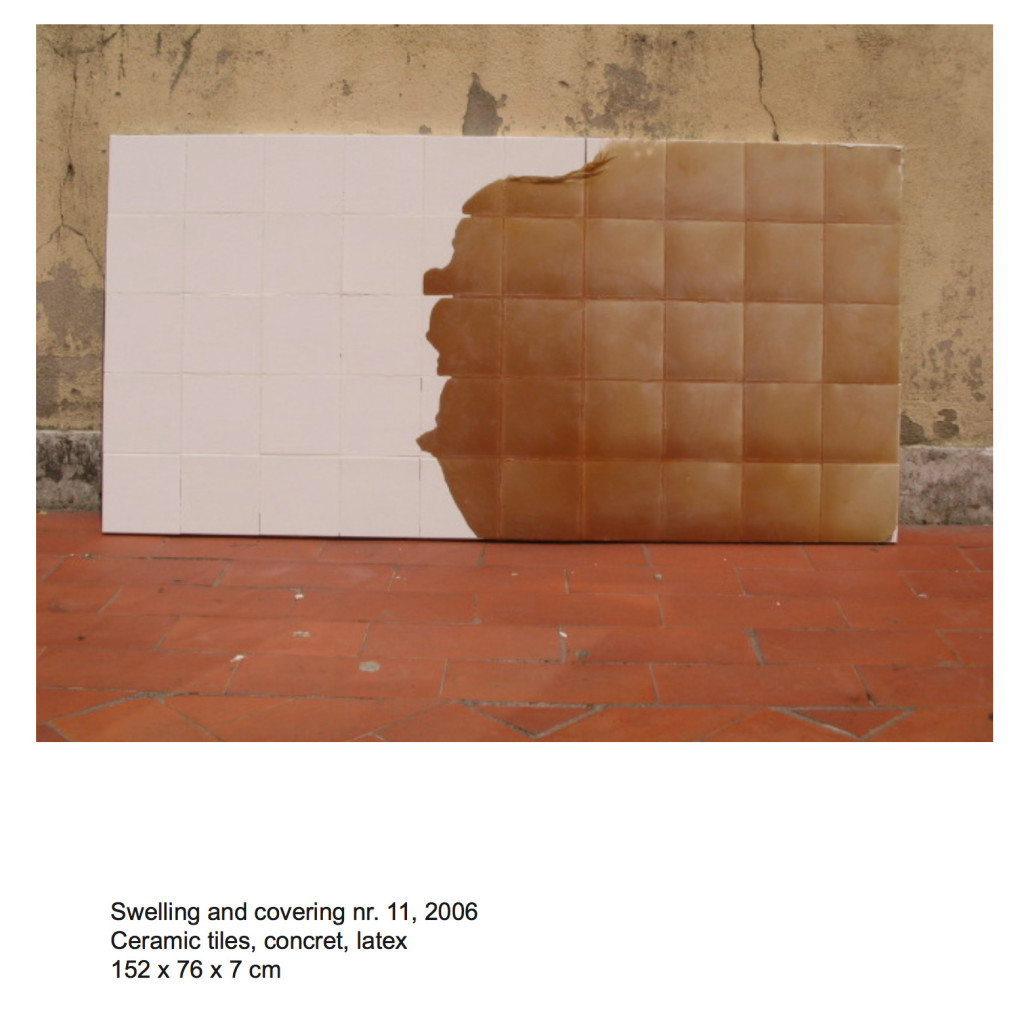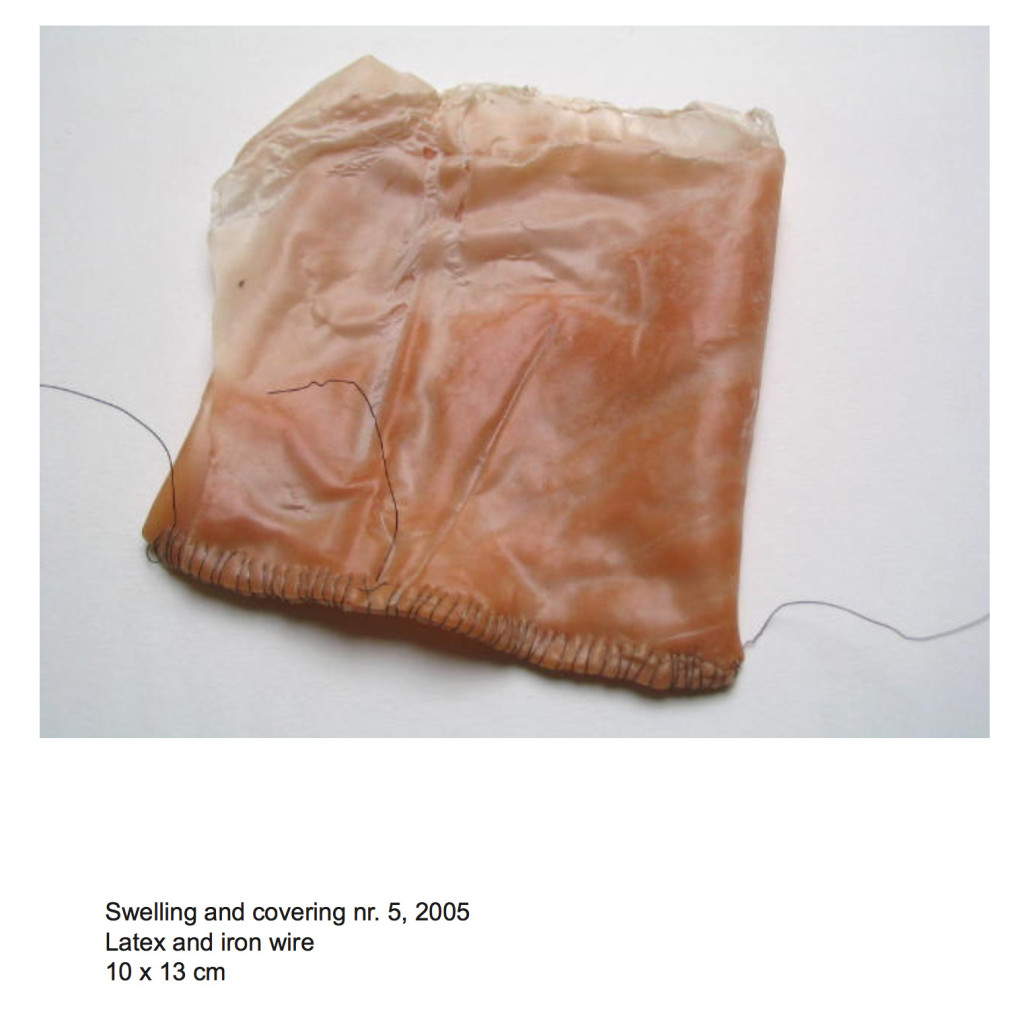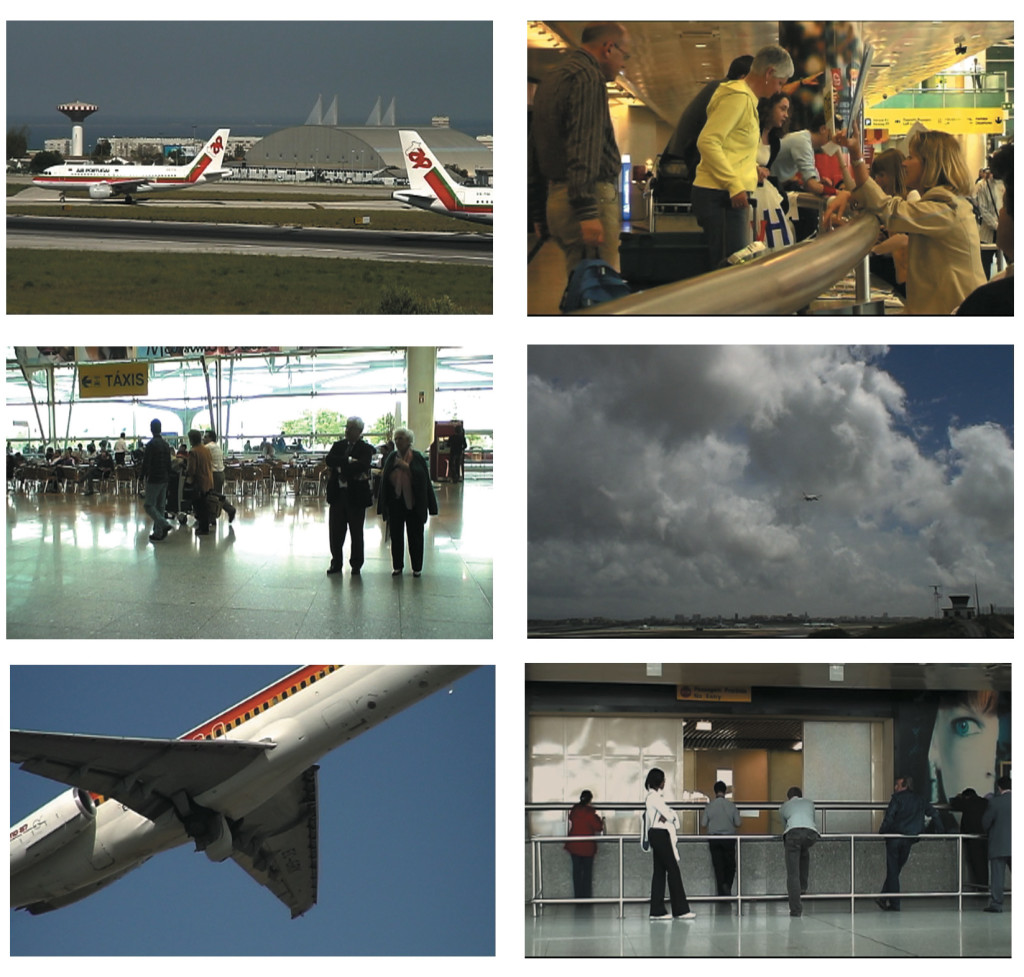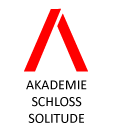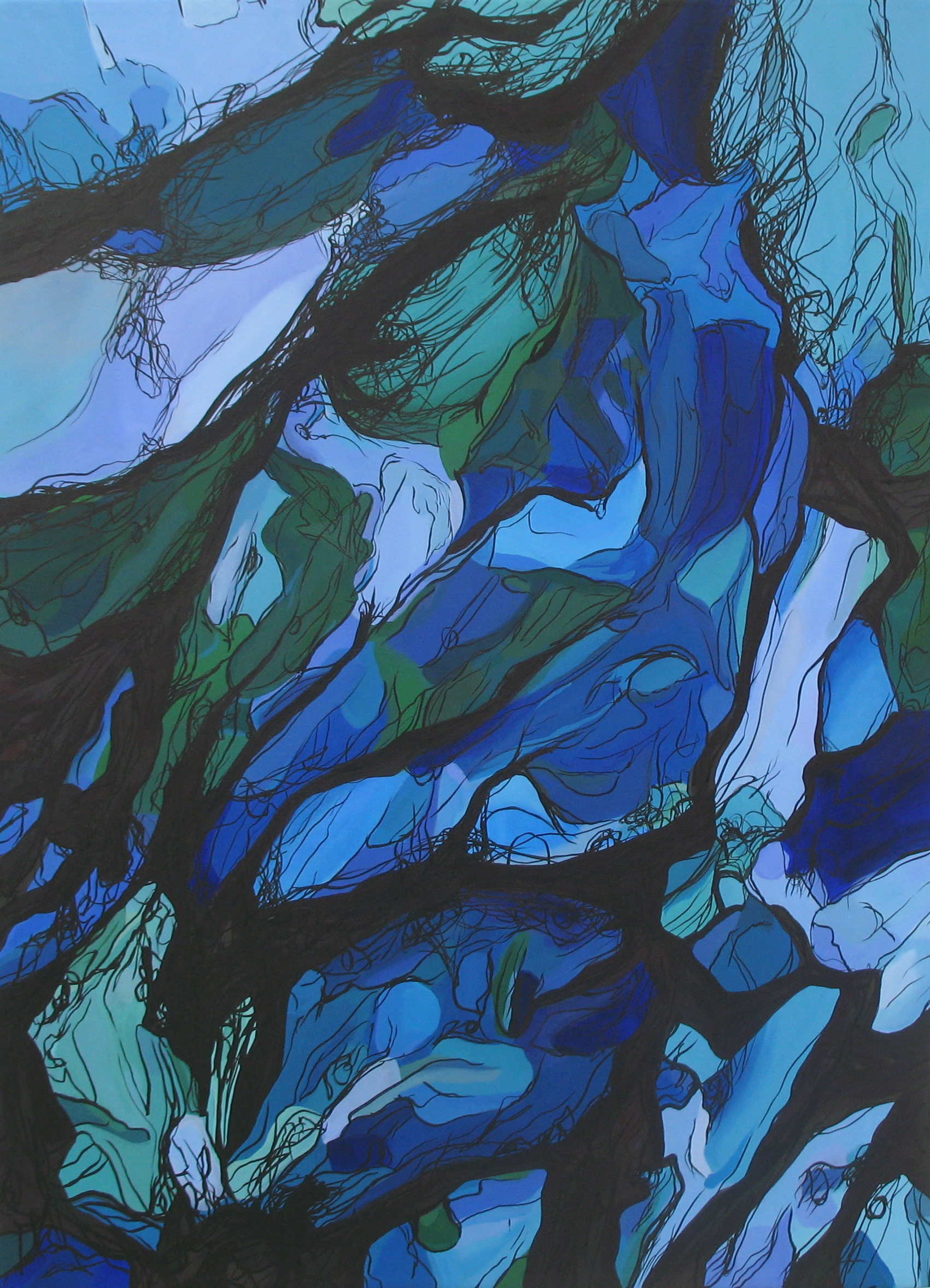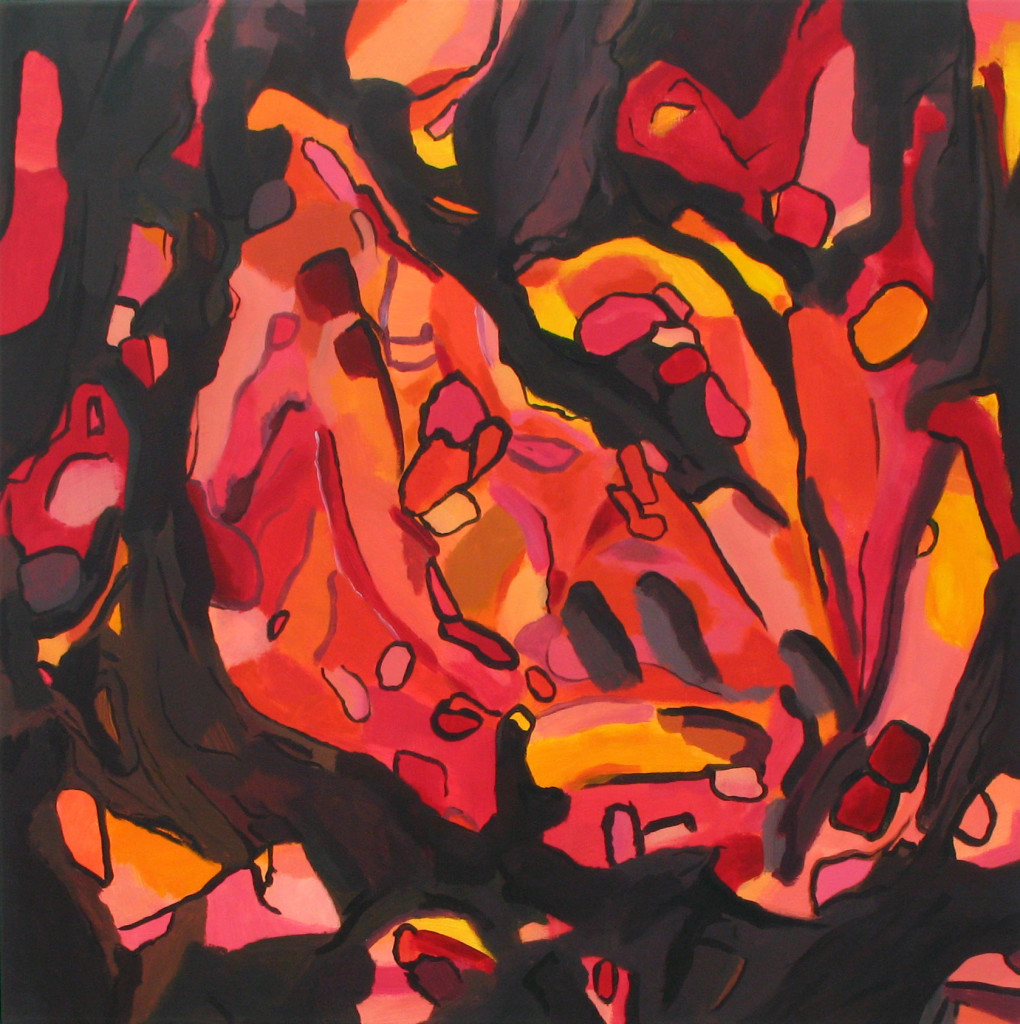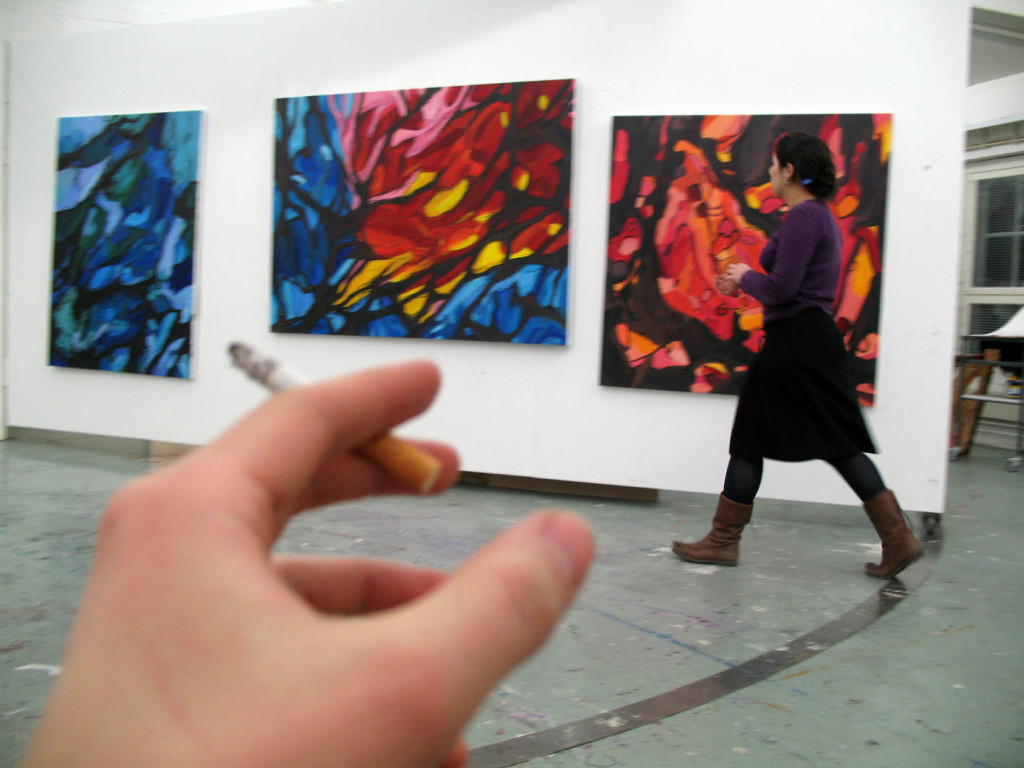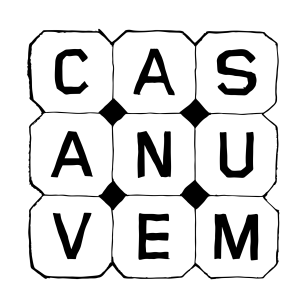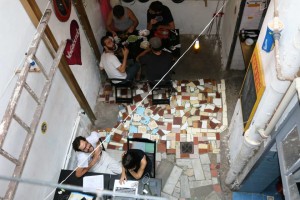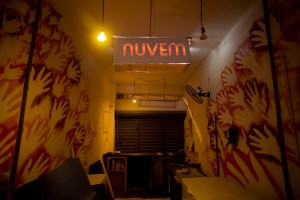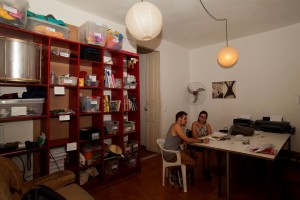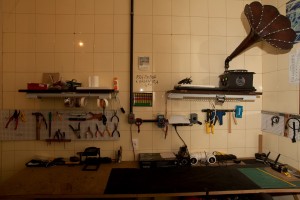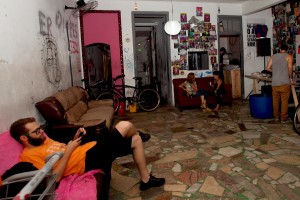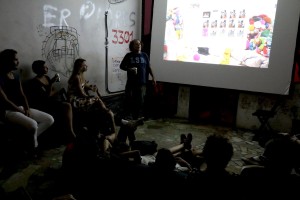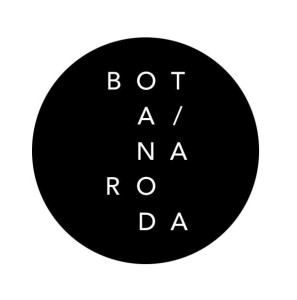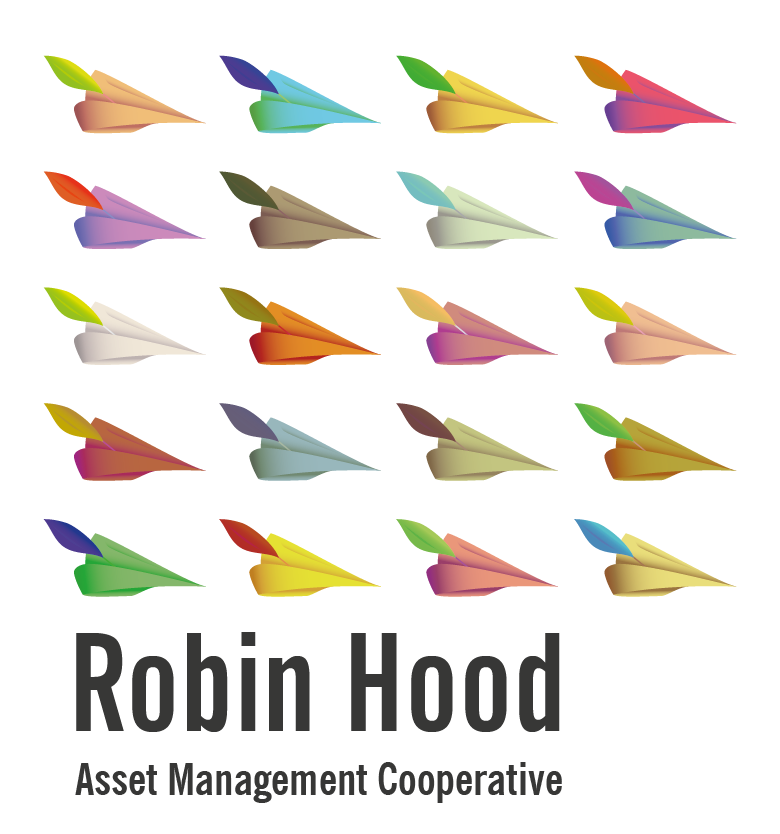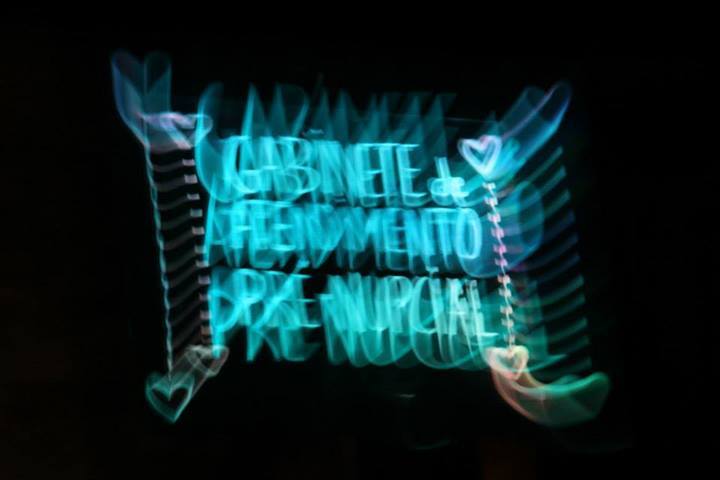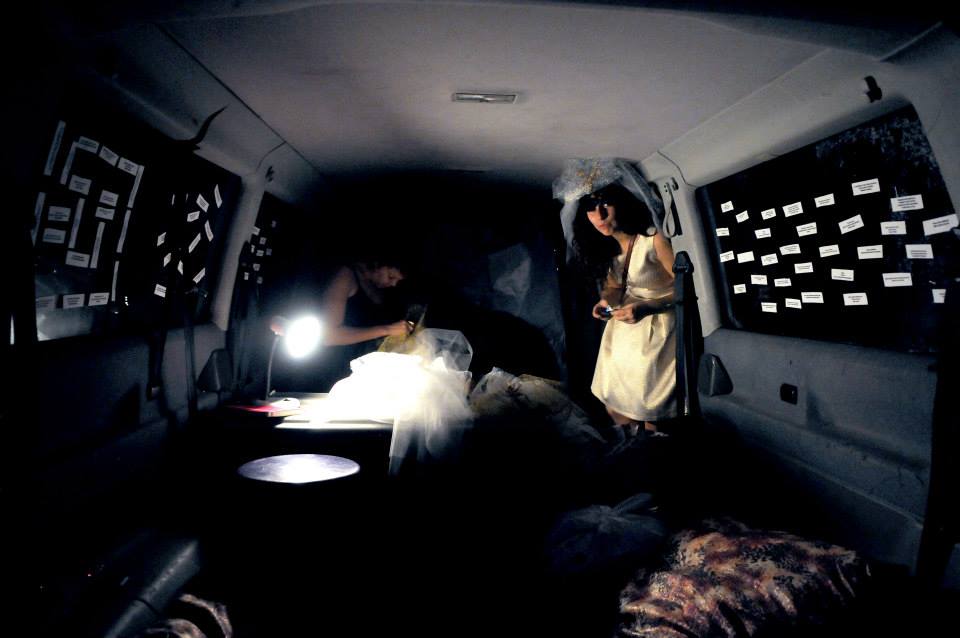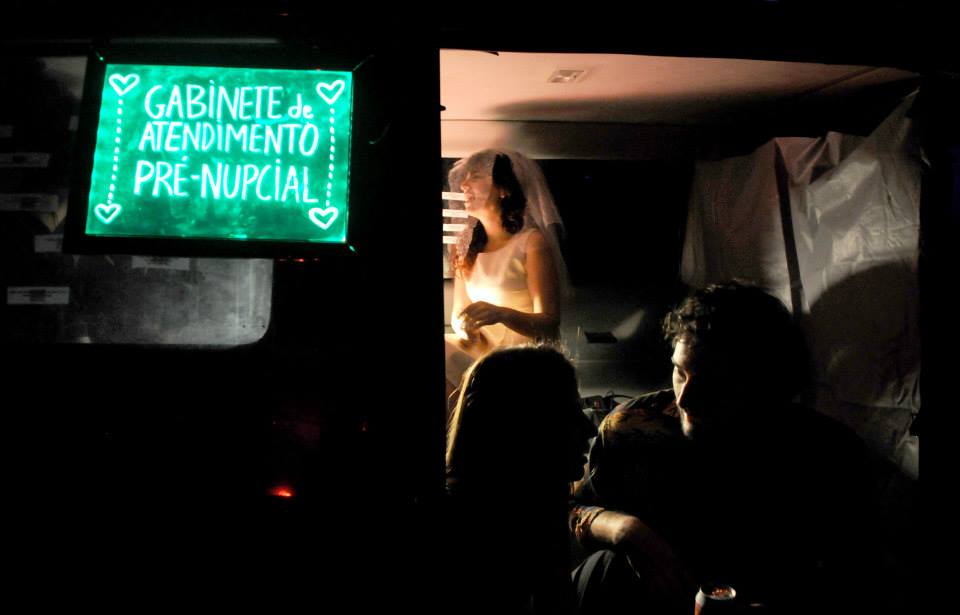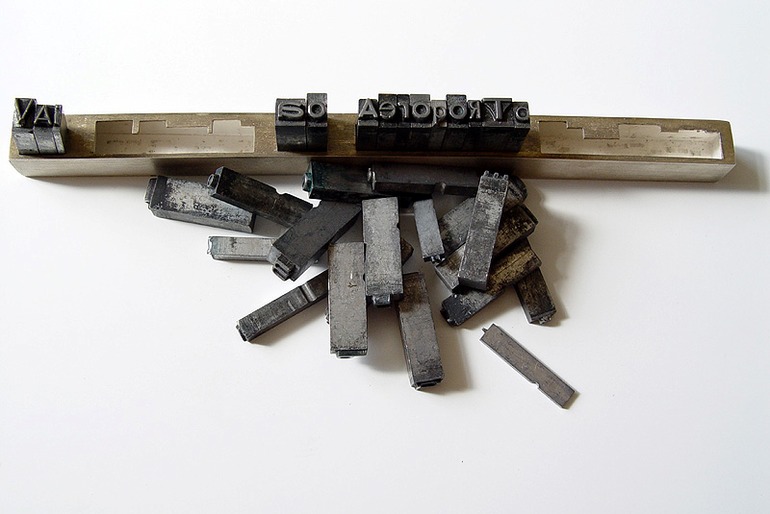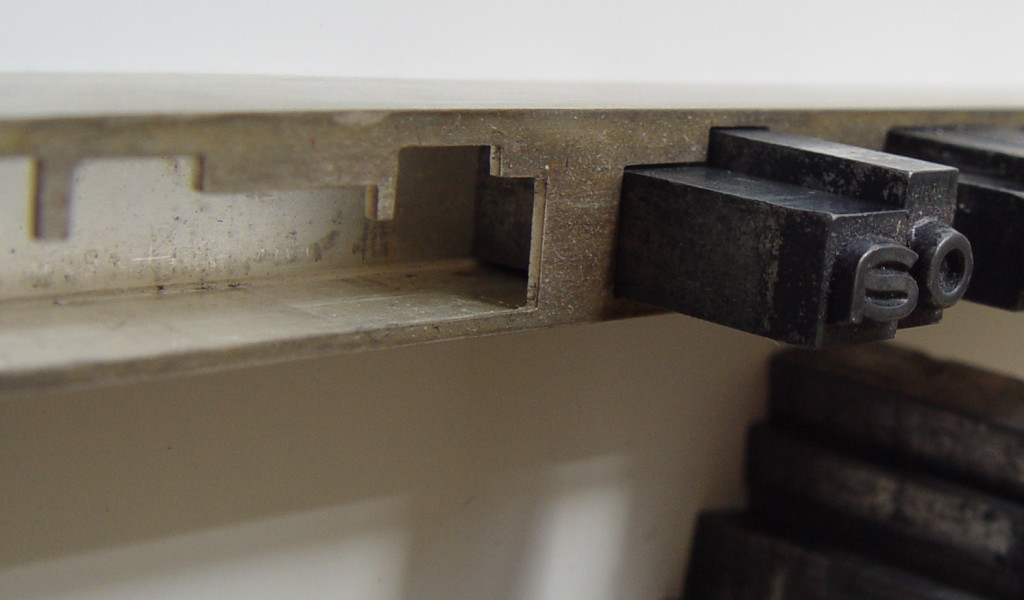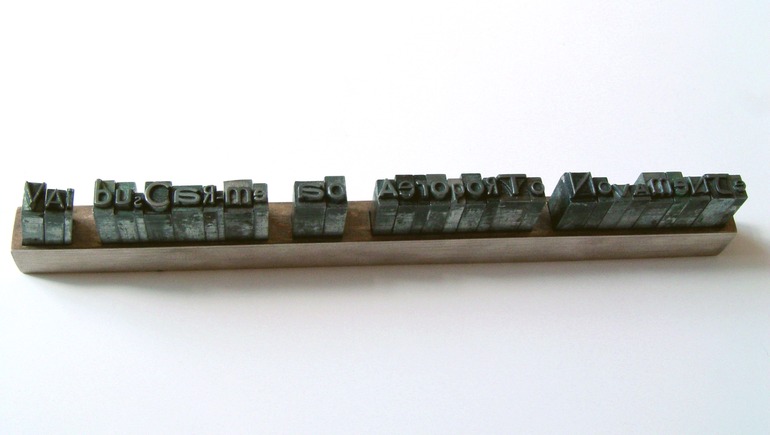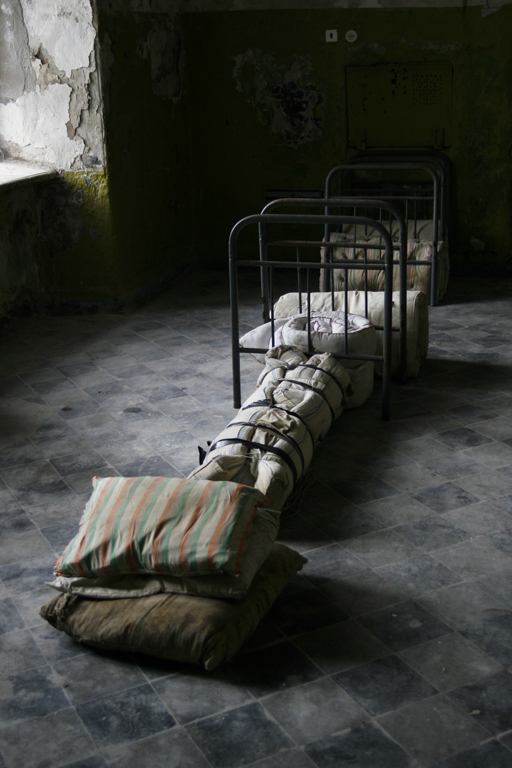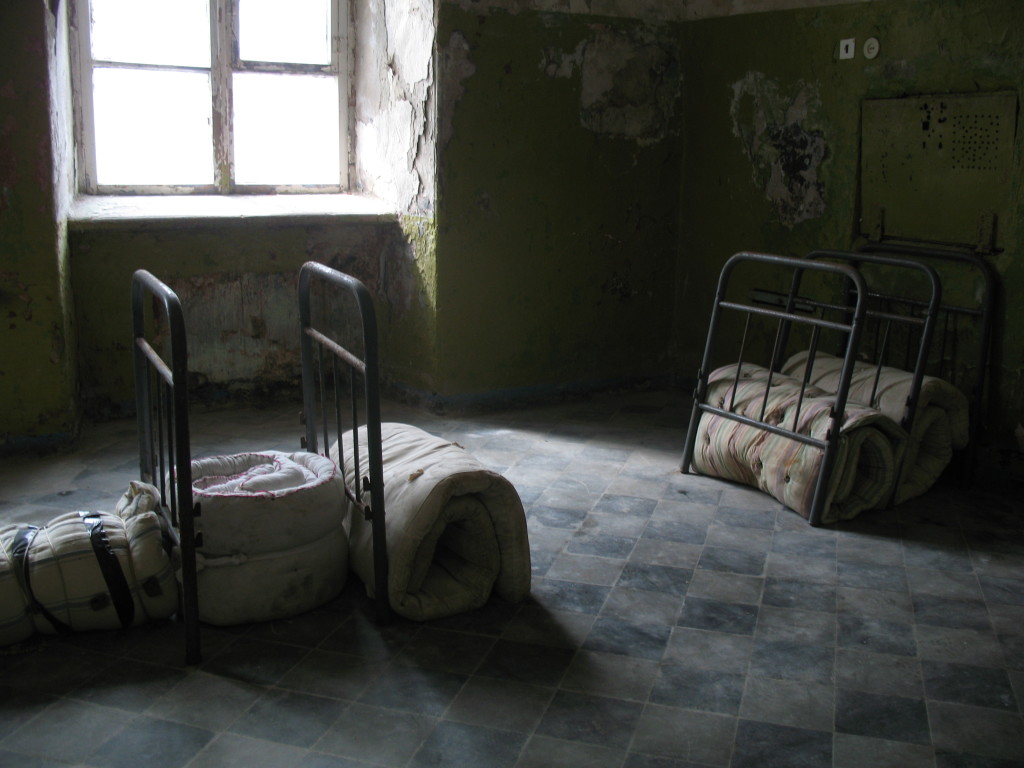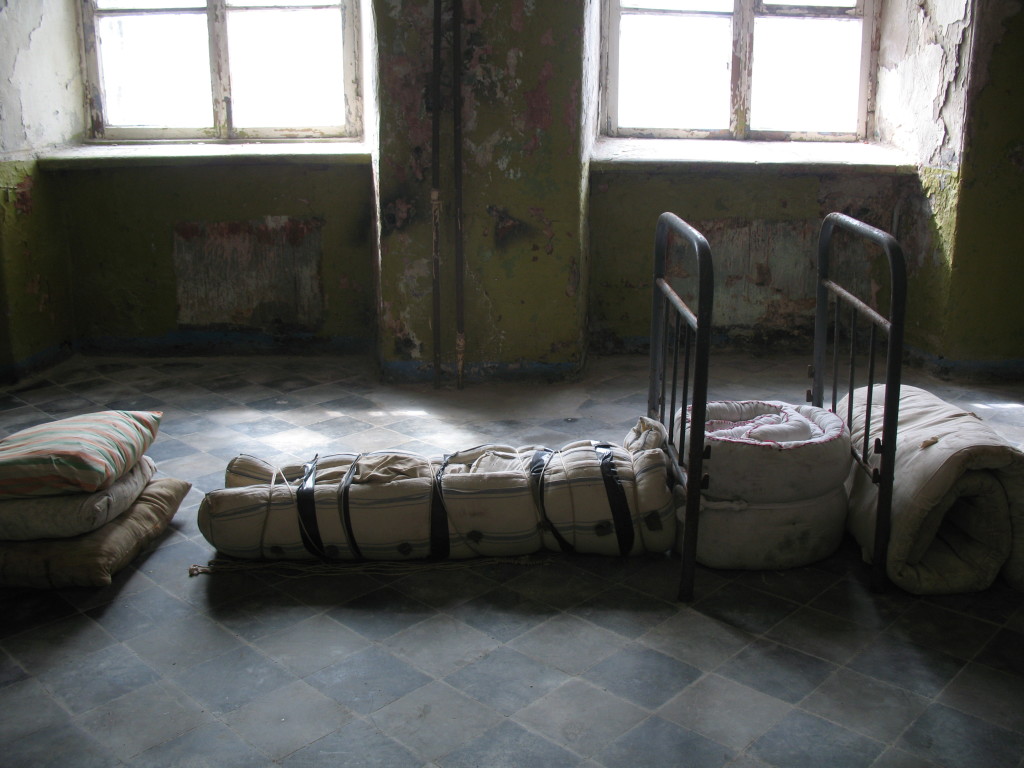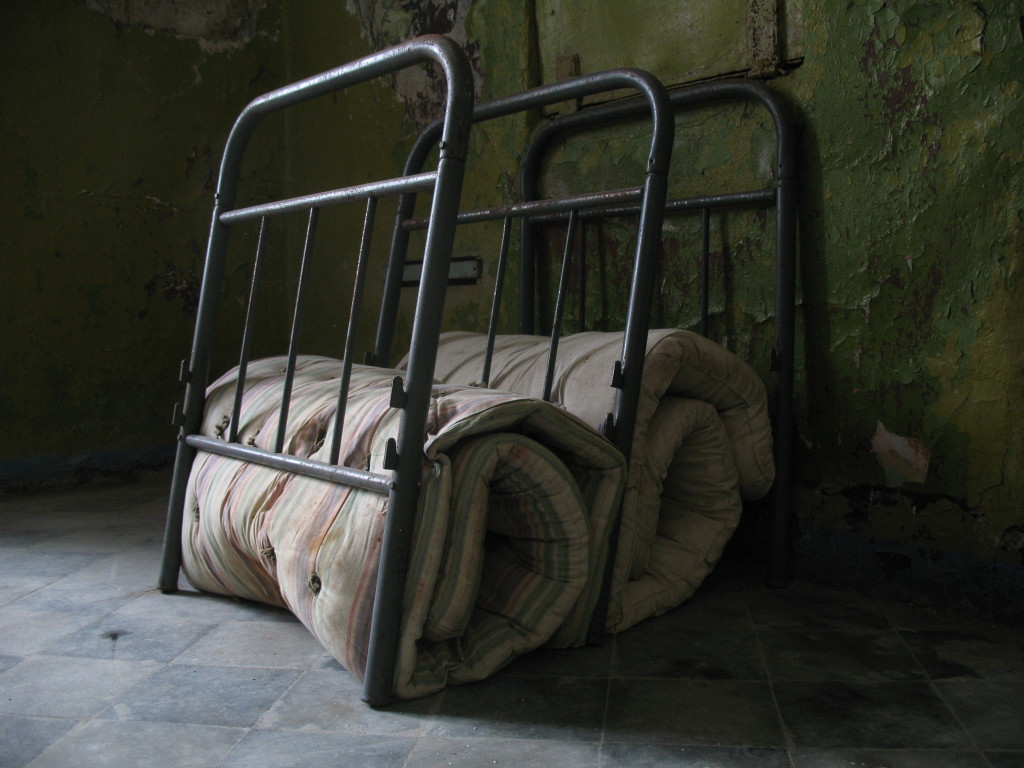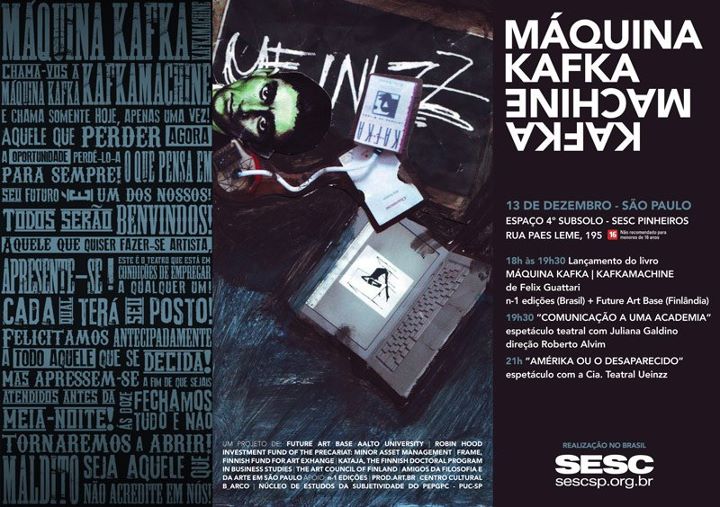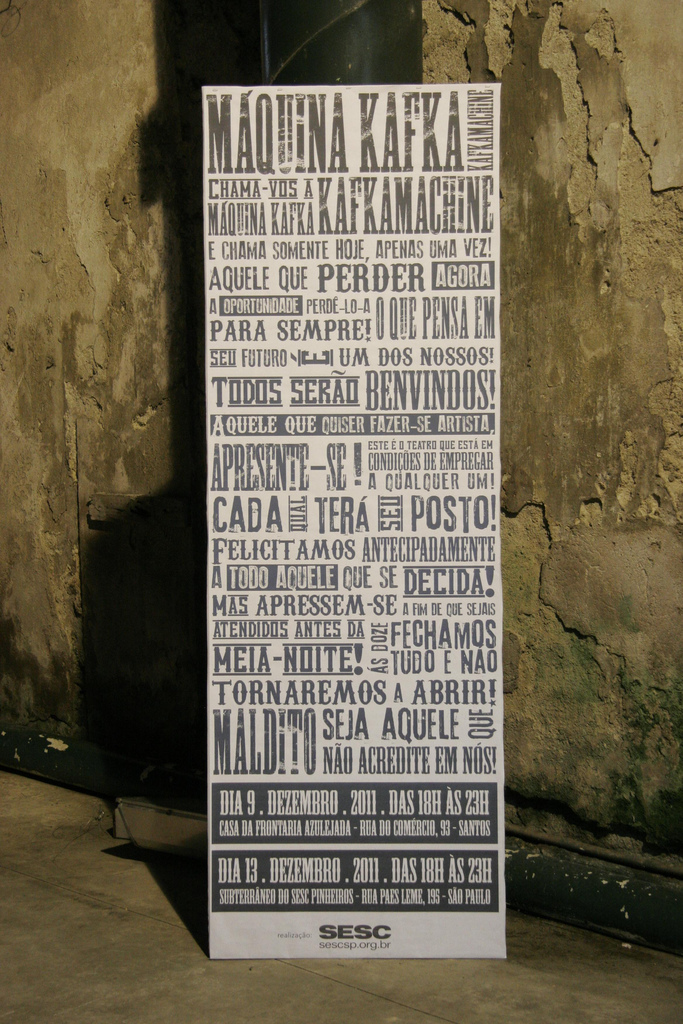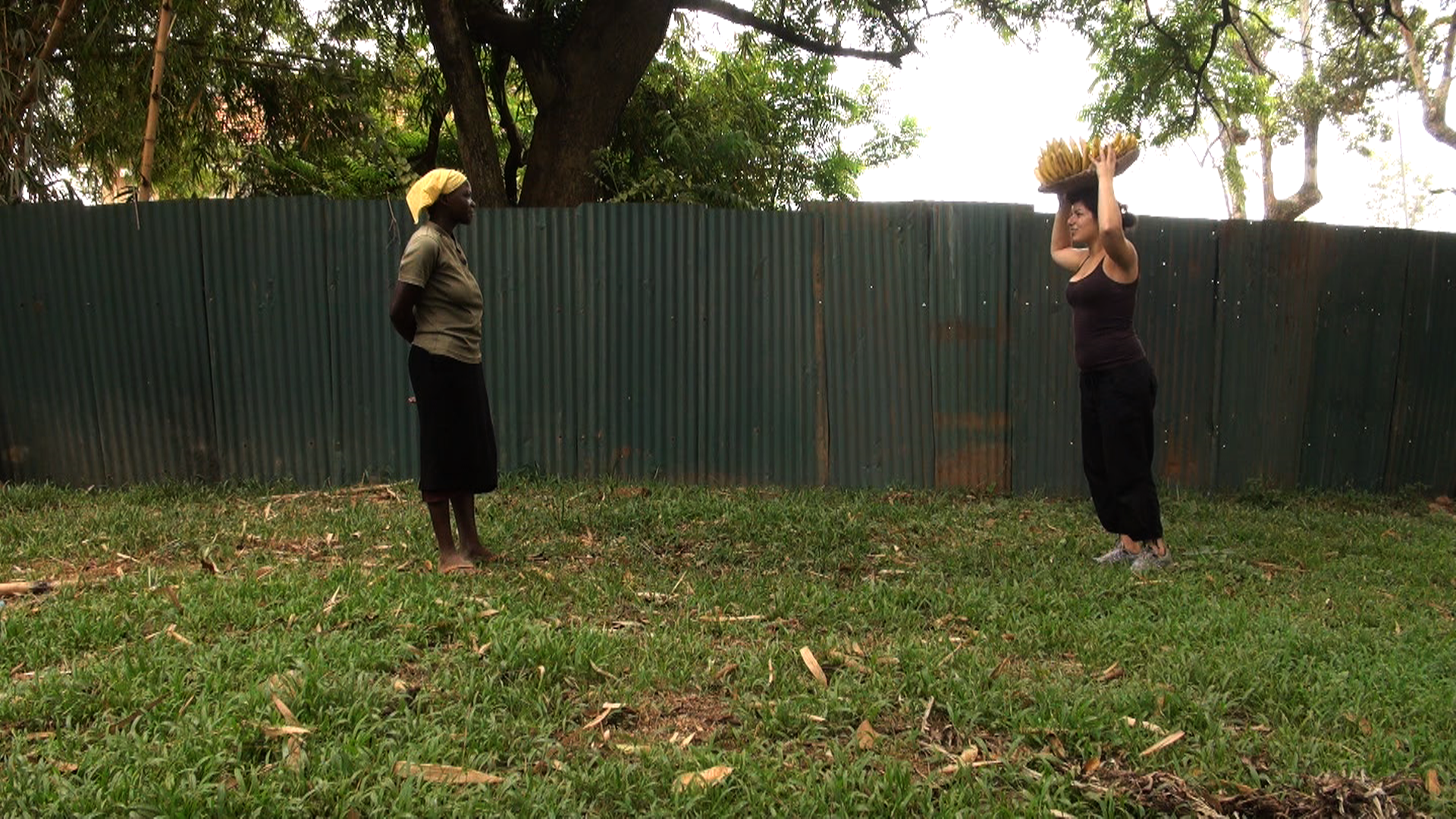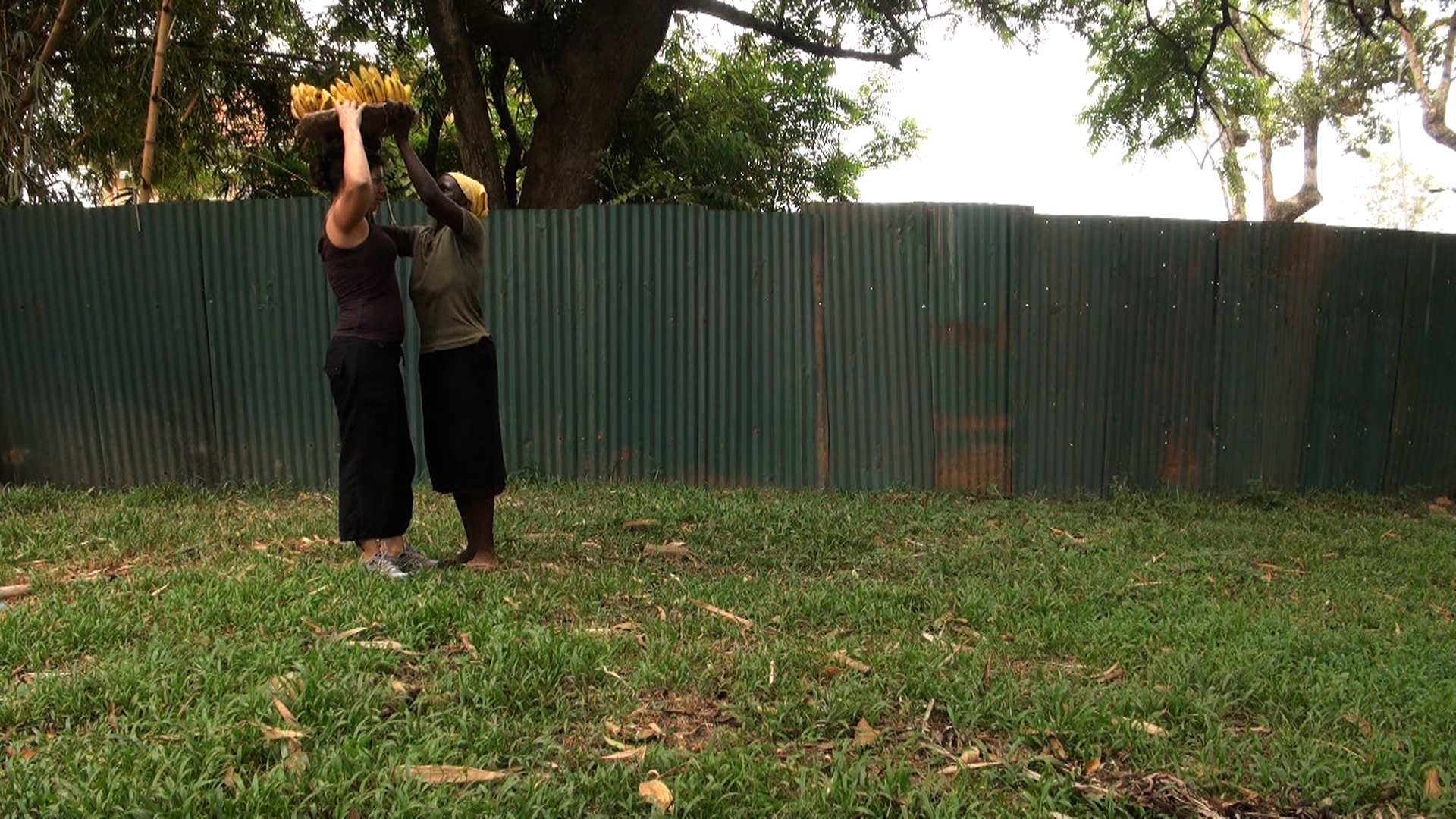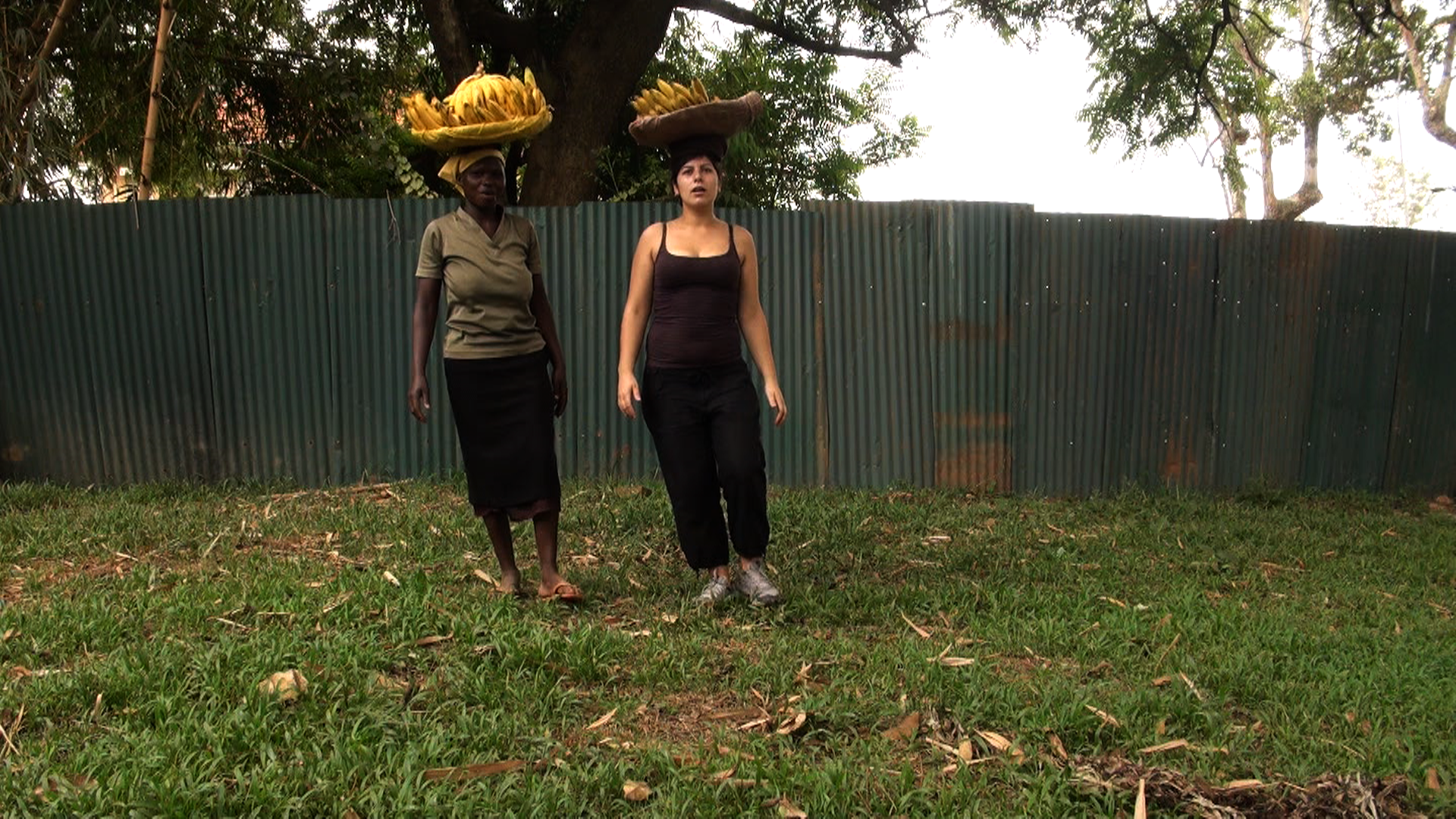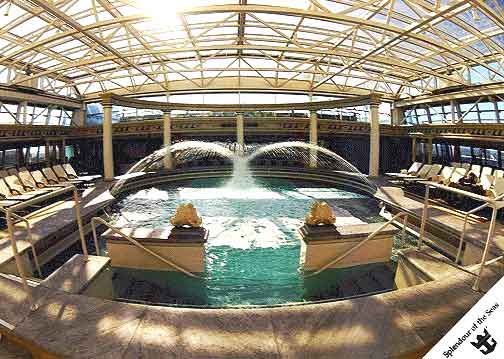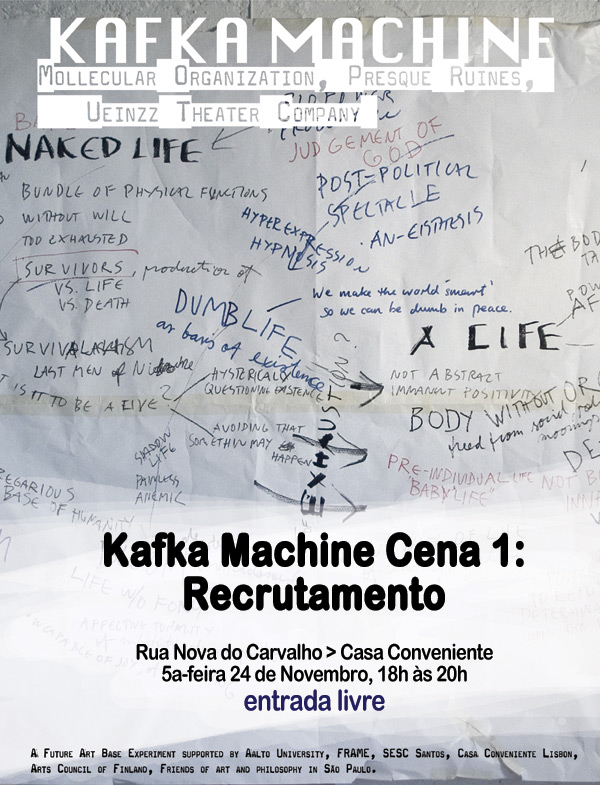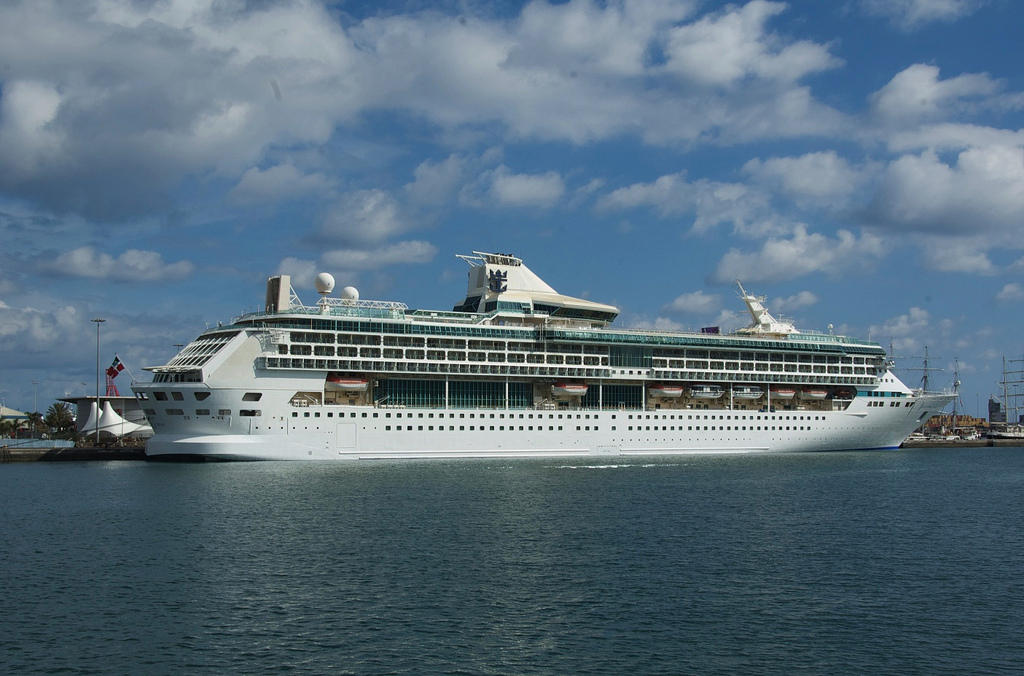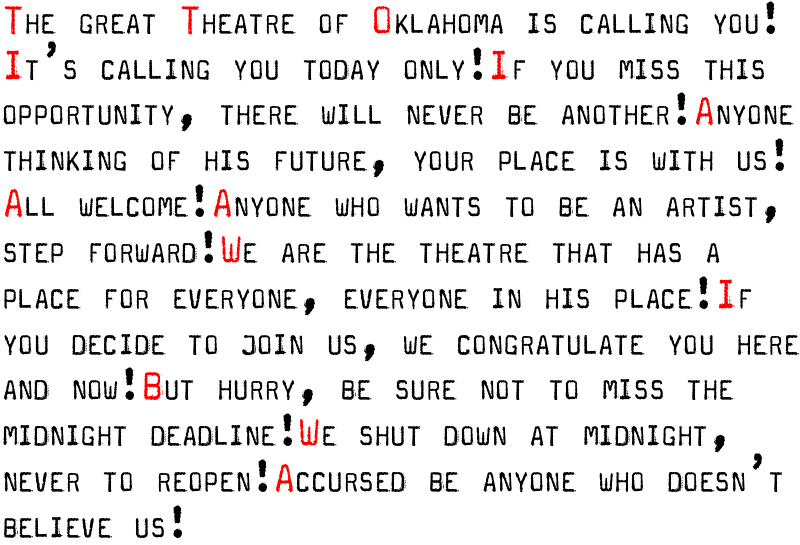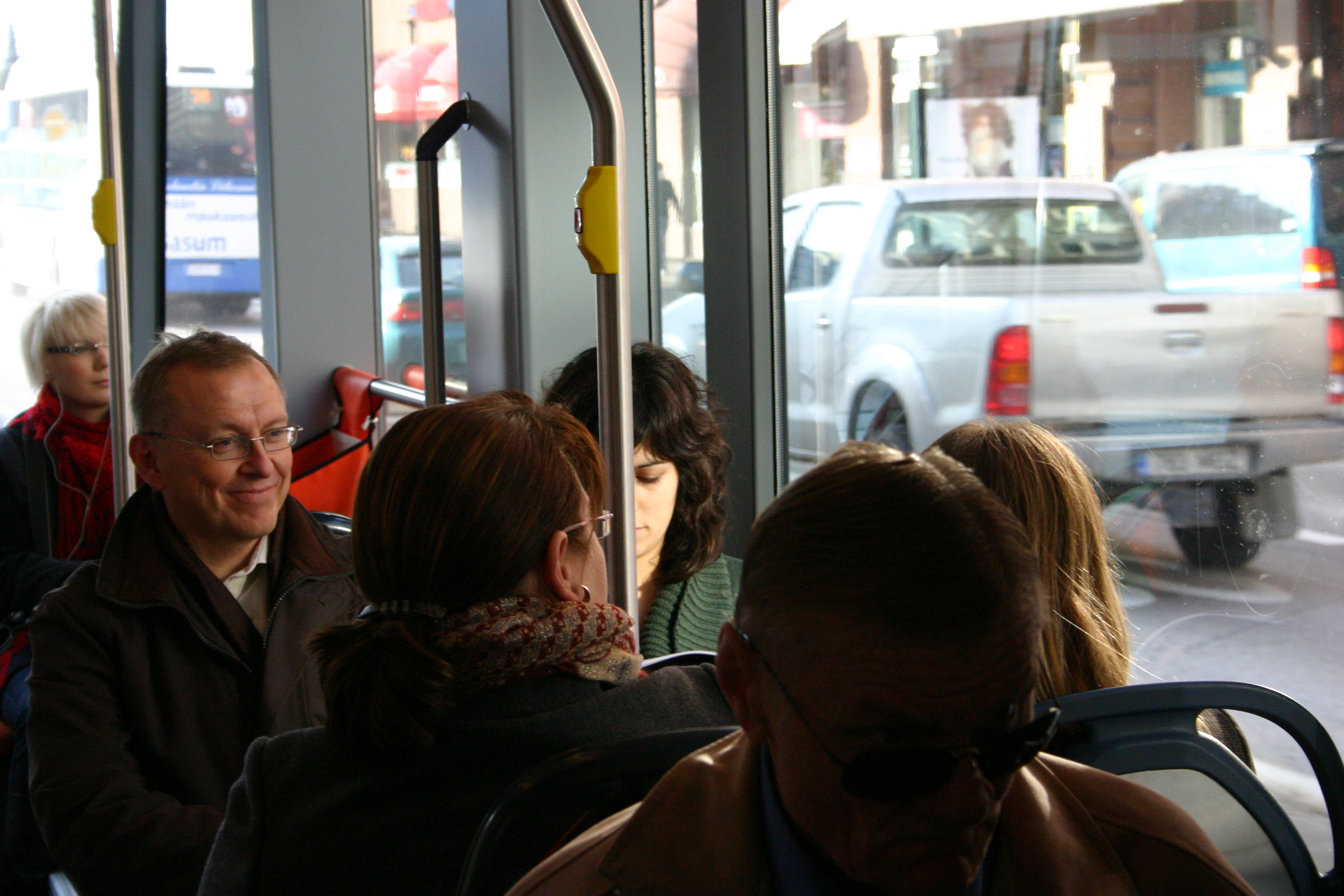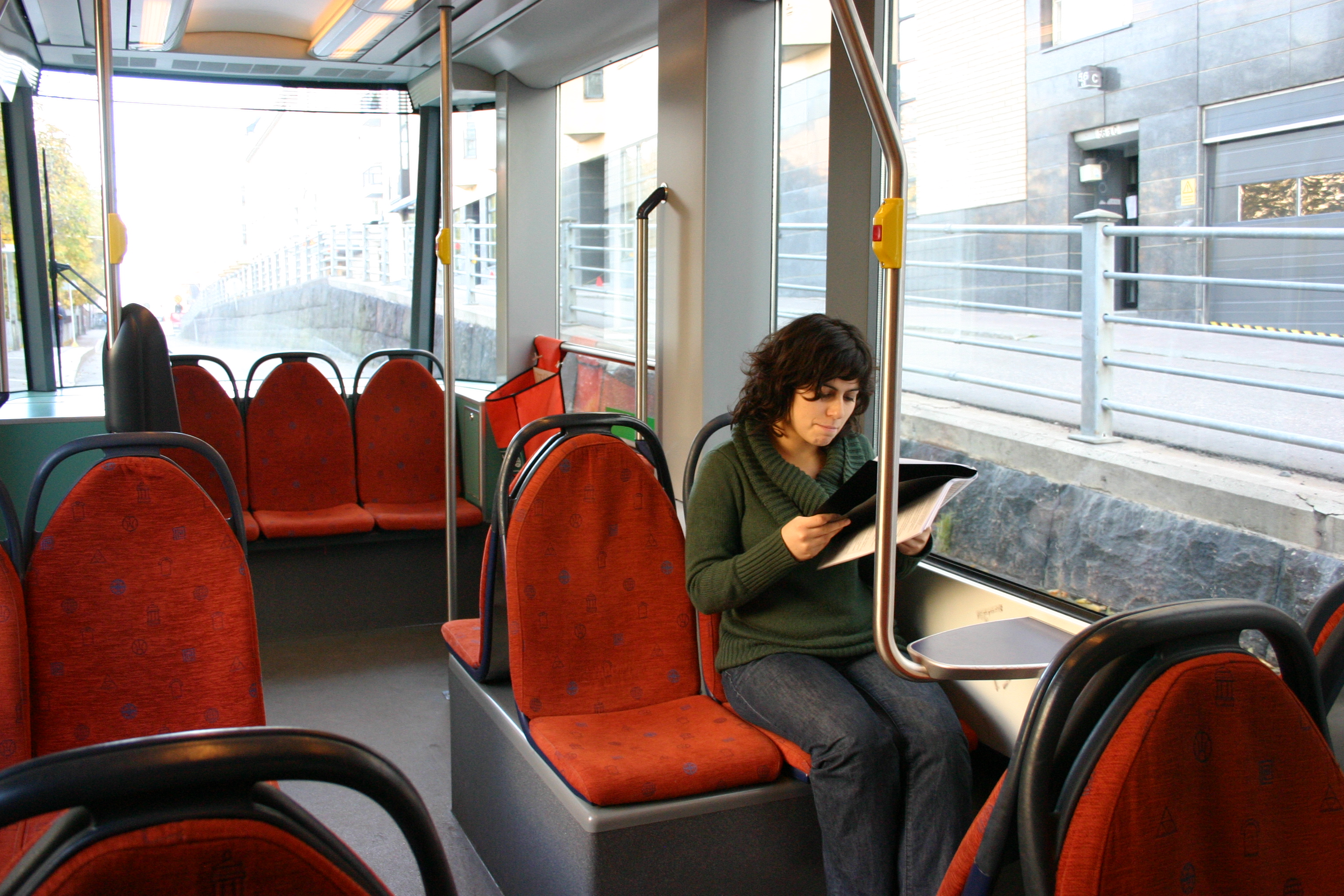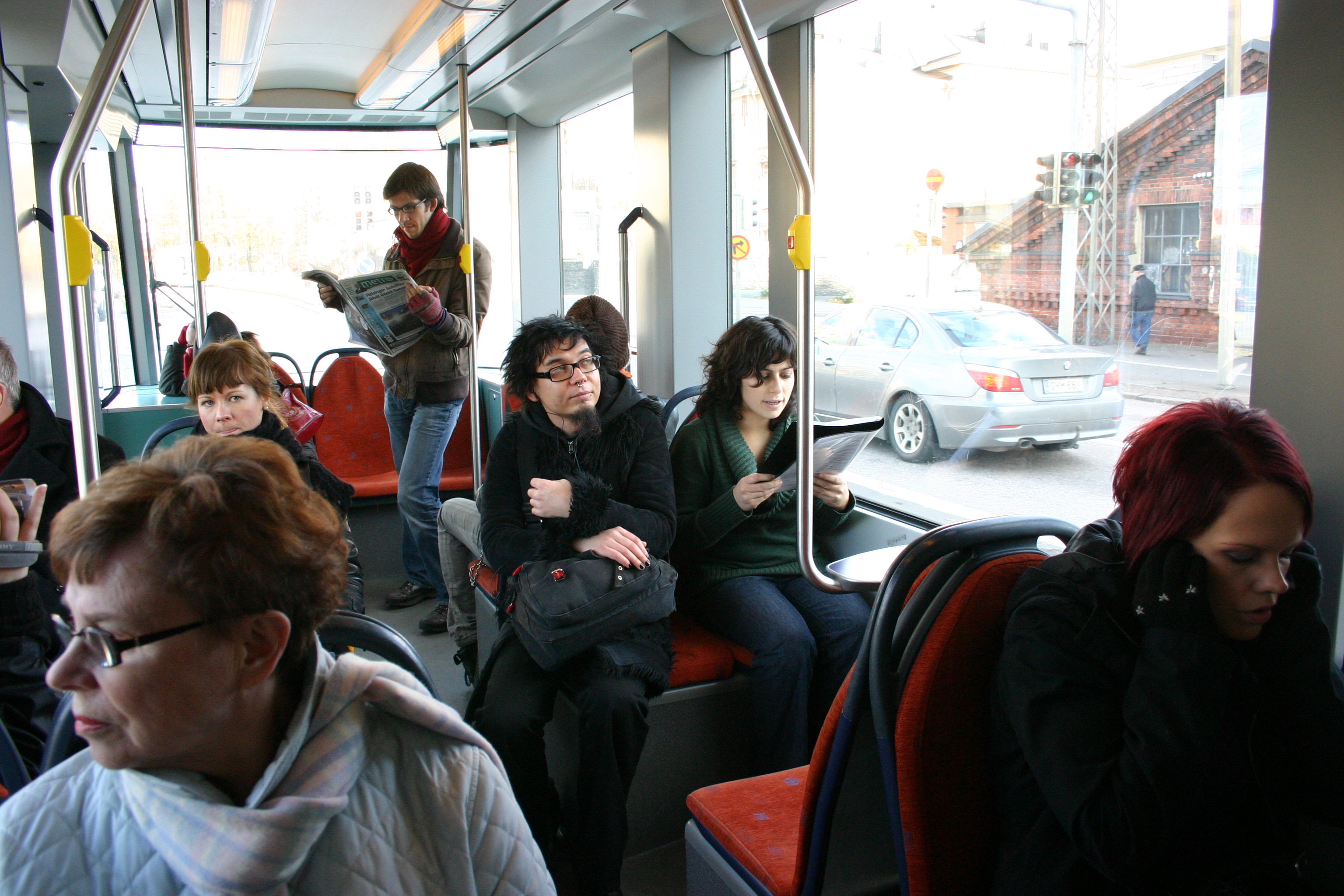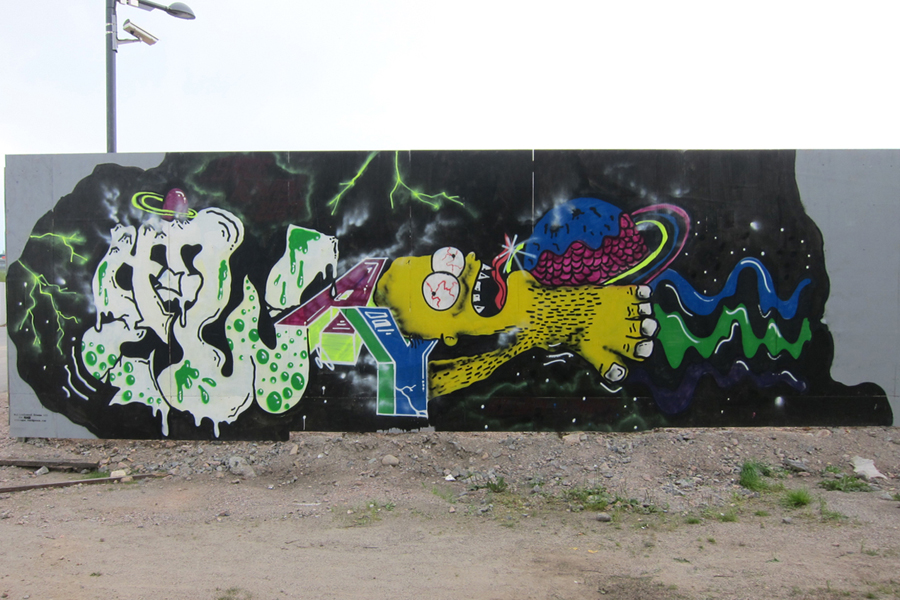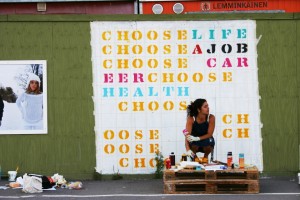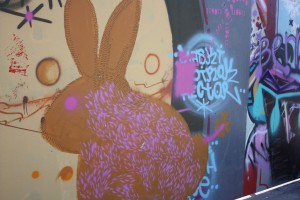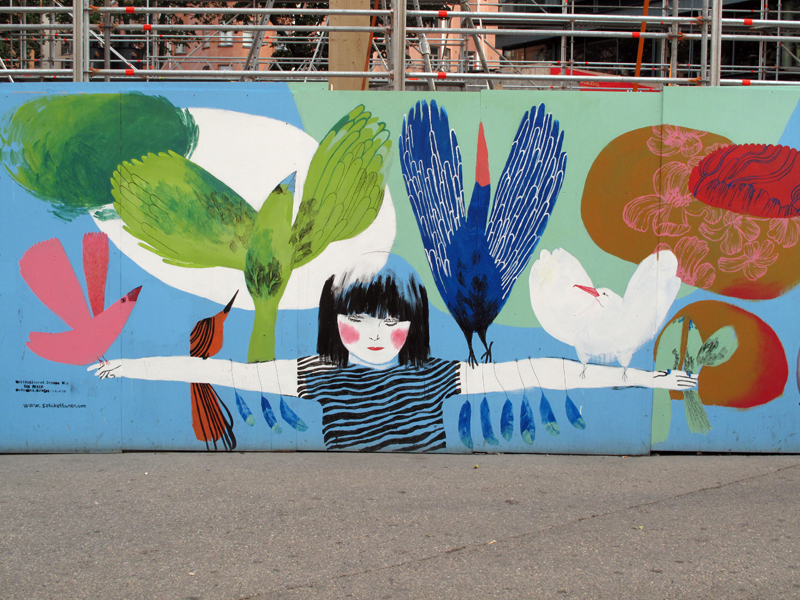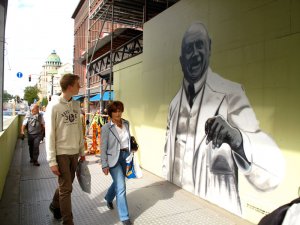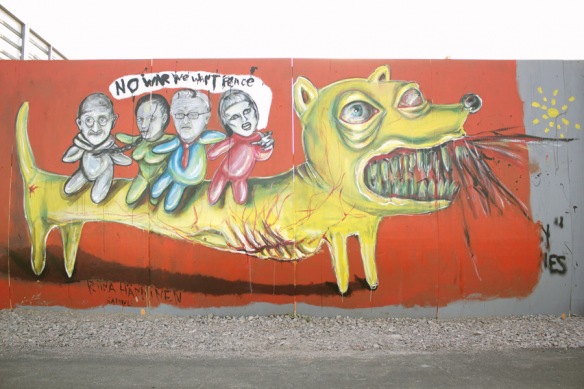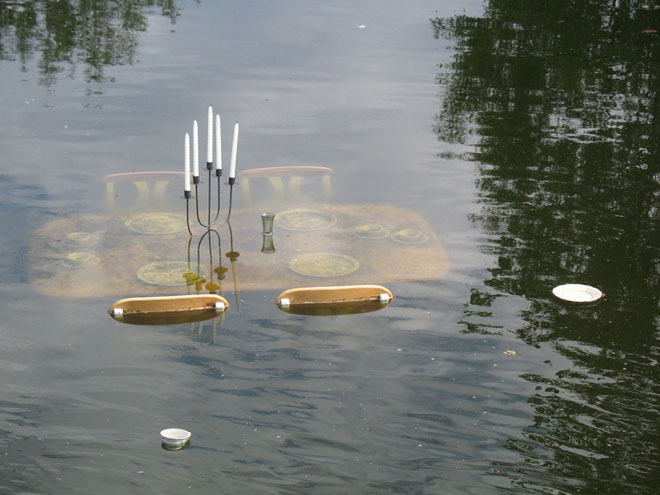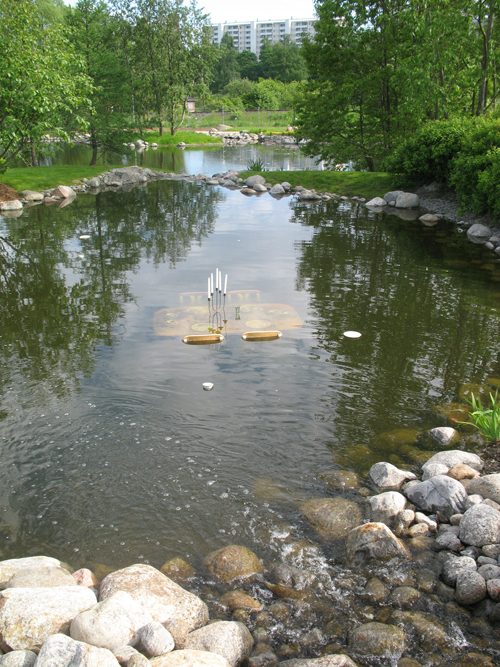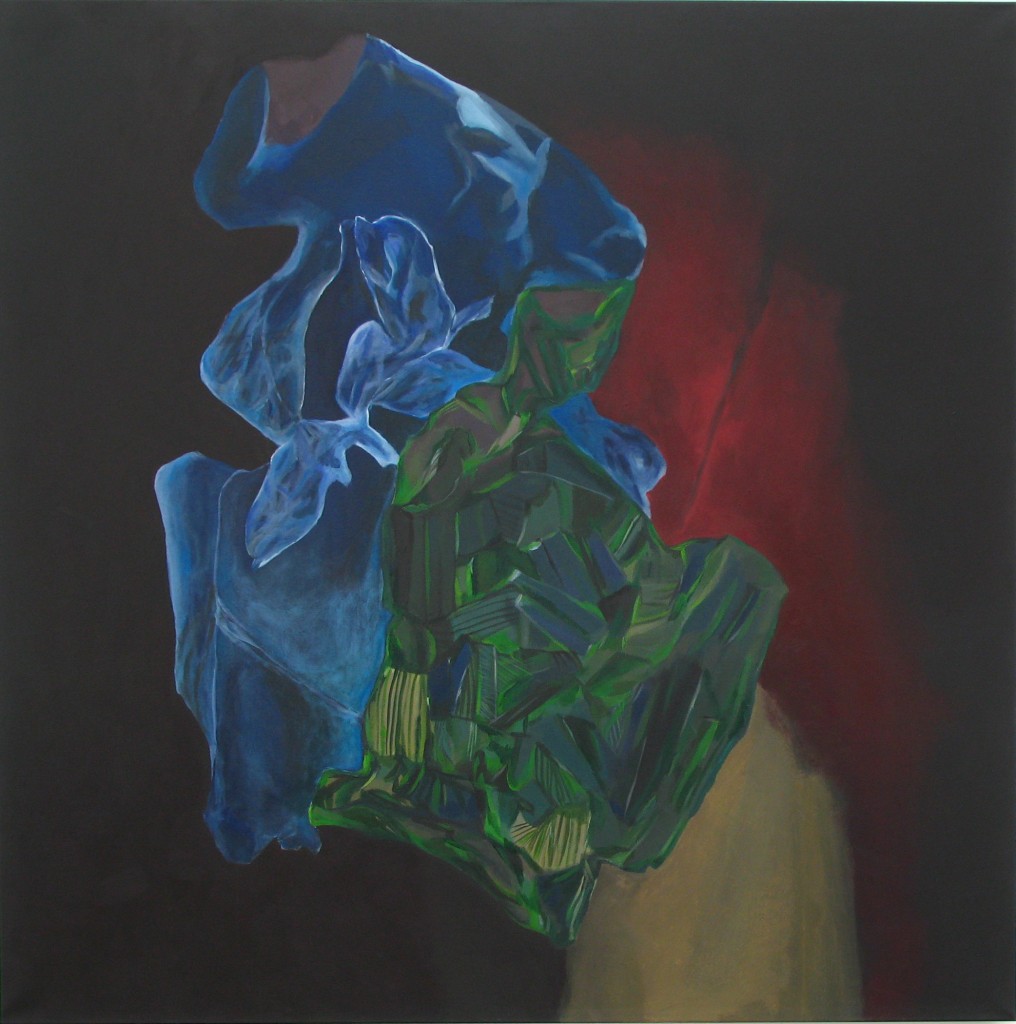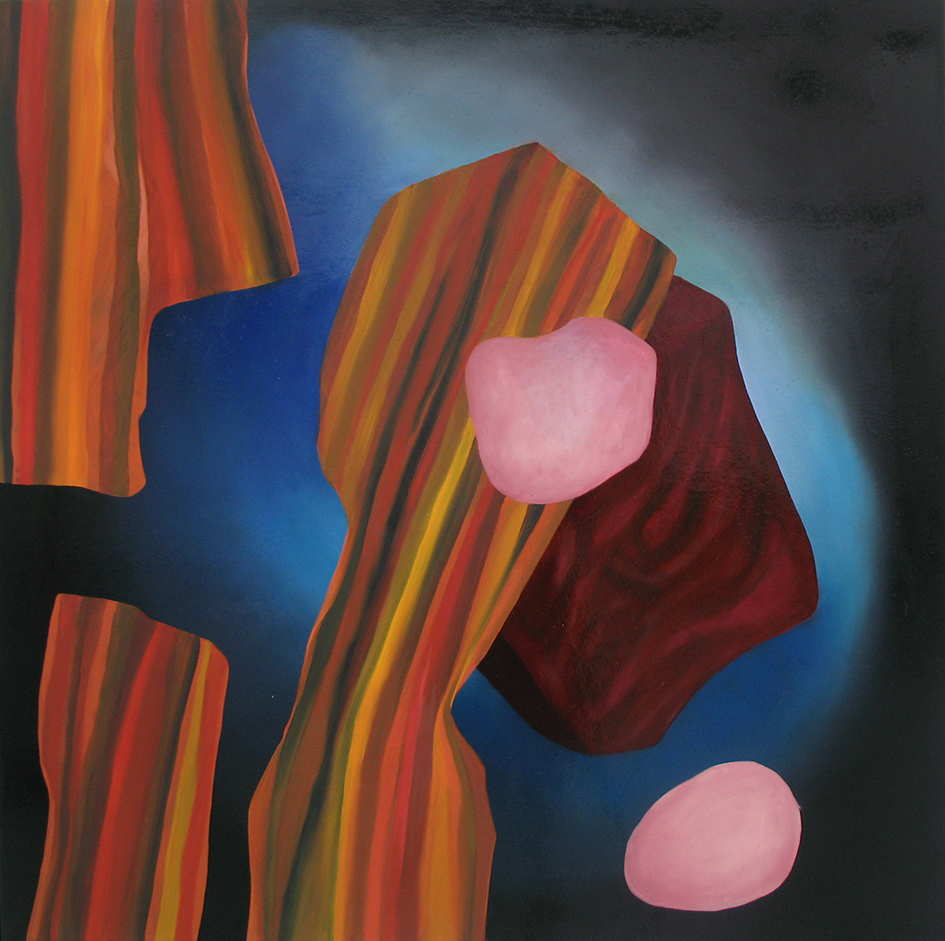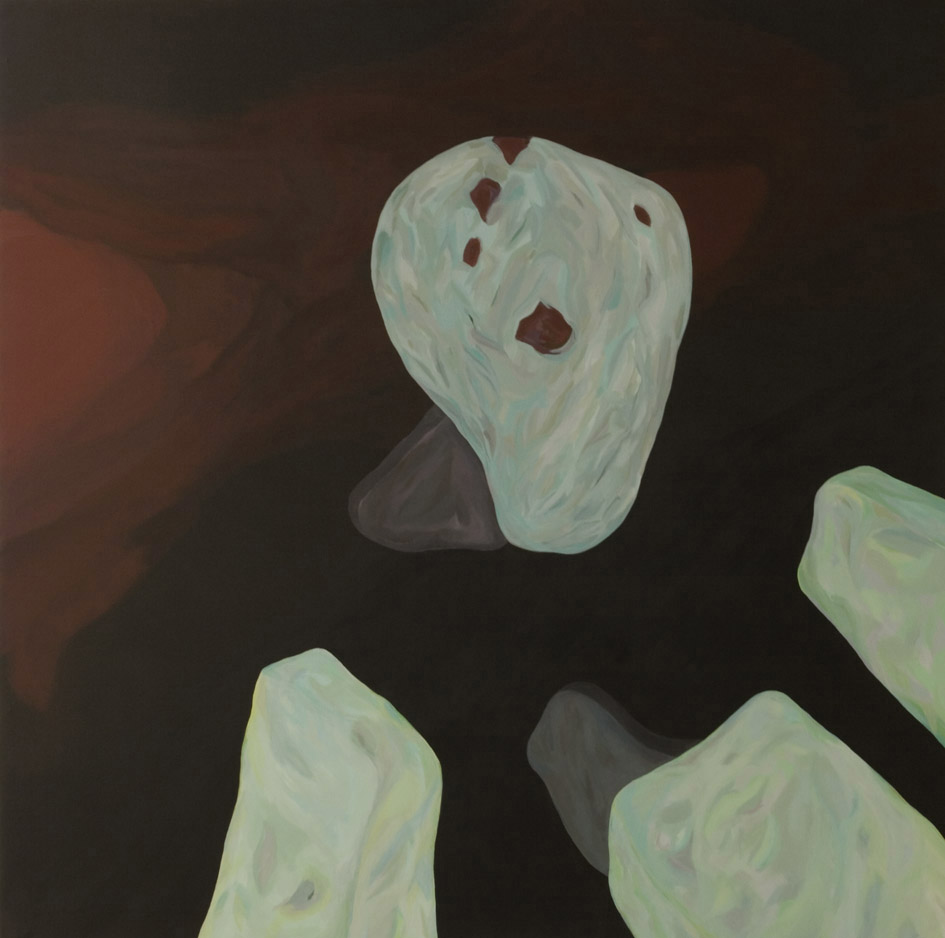Born in Sintra, Portugal, 1984
Selected Education
2008 – 2011 Master’s degree in Environmental Art, Aalto University – School of Art and Design, Helsinki, Finland
2010 Exchange studies at School of Industrial and Fine Arts of Makerere University, Kampala, Uganda
2003 – 2008 Licenciate degree in Fine Arts – Painting, at Faculty of Fine Arts, University of Lisbon, Portugal
2006 – 2007 Erasmus program at Institute of Fine Arts, Lahti University of Applied Sciences, Finland
2002 – 2004 Ar.Co, Center for Art and Visual Communication, Lisbon, Portugal
1999 – 2002 Secondary Artistic School António Arroio, Lisbon, Portugal
Solo Exhibitions
2010“We et al”, Galleri Box, Akureyri, Iceland
2009 “NADA Project”, Nunes Gallery, Helsinki, Finland
2008 “Sondas” (Probes), Corrente D’arte Gallery, Lisbon, Portugal
Solo Performances
2010 African Woman Teaches European Artist How to Carry Heavy Loads on Her Head, Kampala, Uganda
2009 The Aliens Act, inside tram nr. 6, Helsinki, Finland
Take place – Multifunction Apparatus, City center and department store entrances, Helsinki, Finland
Sleep To Stay, Staircases of Univeristy of Art and Design Helsinki, Finland
2008 NADA, All For Free, Kamppi Shopping Center, Helsinki, Finland
Branca de Neve e Não Só (Snow White And Not Only), Viitasaari, Finland
2006 NADA makes you feel better, empty commercial space in Lahti, Finalnd
Berry Boundaries, residential areas of Lahti, Finland
2003 Travel Identity – Piece of Jewel, several locations and public spaces in Southern Germany
Group Performances
2011 Amerika or The One Who Disappeared , with Kafkamachine, Casa da Frontaria Azulejada, Santos, Brazil
Amerika or The One Who Disappeared , with Kafkamachine, SESC Pinheiros, Sao Paulo, Brazil
Recruitment,, with Kafkamachine, Casa Conveniente Theater, Lisbon, Portugal
2010 Kafkamachine, Haus der Kulturen der Welt, Berlin, Germany
2005 Uncertainty, with Teatro Kaos, Fine Arts Faculty, University of Lisbon, Portugal
2003 The Crime of the Old Village, with Teatro de Bolso, Voz do Operário, Lisbon, Portugal
2002 Waiting for Godot, with Teatro de Bolso, Voz do Operário, Lisbon, Portugal
Group Exhibitions
2011 “MoA Festival of Arts”, graduation show of Aalto University School of Art and Design, Salmisaari, Helsinki, Finland
“Liberdade provisória/Vida”, Liberdade Provisória, Lisbon, Portugal
2010 “Master Studens Exhibition”, Makerere Gallery, Kampala, Uganda
“Ahne 2010” Art Festival, Helsinki, Finland
“Tapaamisia” (“Encounters”), Helsinki City Museum, Finland
“Anas aqui”, Posto Café within the international cultural event “Lusomundo”, Helsinki, Finland
2009 “Finalistas Pintura 2007/08”, Palace Galveias Gallery (Palácio das Galveias), Lisboa, Portugal
“Growing Season”, public art at Kumpula Botanical Garden – Finnish Museum of Natural History, Helsinki, Finland
“Palas – Art Path”, public art, Hyvinkää, Finland
“Preliminary Investigation”, Culture Park Patarei, Tallinn, Estonia
“Ahne ´ 09” Art Project / Zone Rotermanni, Tallinn, Estonia
“Hey, We Are In The space”, University of Art and Design Helsinki (TAIK), Finland
“The Herb Garden of the Ideal City”, Fontevraud Abbey, Fontevraud, France
“Recycling Factory Art Show”, Merikaapelihalli, Cable Factory, Helsinki, Finland
“Nexus”, Vuotalo , Vuosari House of Culture, Helsinki, Finland
“Afrontamentos 5”, at Espaço T – Quase Gallery, Porto, Portugal
“Afrontamentos 4”, Jorge Shirley Gallery, Lisbon, Portugal
2008 “Quintanistas Ponto Final”, Galeria do Casino, Estoril, Portugal
2007 “Hotel Bloom” murals project commission with European League of Institutes of the Arts, Brussels, Belgium
“Sculpture Restart”, Restart Cinema and Creativity School, Lisbon, Portugal
2006 “International week of Lahti University of Applied Sciences”, Aula Gallery, Finland
Fine Arts exchange students exhibition at Design Institute, Lahti University of Applied Sciences, Finland
2005 “Young Creators National Exhibition” and award (Mostra Nacional Jovens Criadores), Amarante, Portugal
“Casa Aberta” (Open House), Ateneu Comercial de Lisboa, Portugal
2004 “II Prize Portojóia Design”, The International Jewellery Exhibition of EXPONOR (Porto International Fair), Portugal
“SIOR – Salão Internacional de Joalharia e Relojoaria” (Jewellery and Watch International Exhibition), São Paulo, Brazil
“Jewelry Show”, Ar.Co – Centro de Arte e Comunicação Visual (Center for Art and Visual Communication), Lisbon, Portugal
2003 Final Studies Exhibition of Ar.Co, Almada, Portugal
Teaching Experience
2010 Documentary Workshop, School of Industrial and Fine Arts of Makerere University, Kampala, Uganda
Environmental Art Course, School of Industrial and Fine Arts of Makerere University, Kampala, Uganda
Residencies
2010 Artist in Residence Program at Akureyri Arts Center, Iceland
Grants
2010 Aalto University Overseas Grant
2008 Leonardo Da Vinci Program Grant
2006 – 2007 Erasmus Program scholarship
Download CV
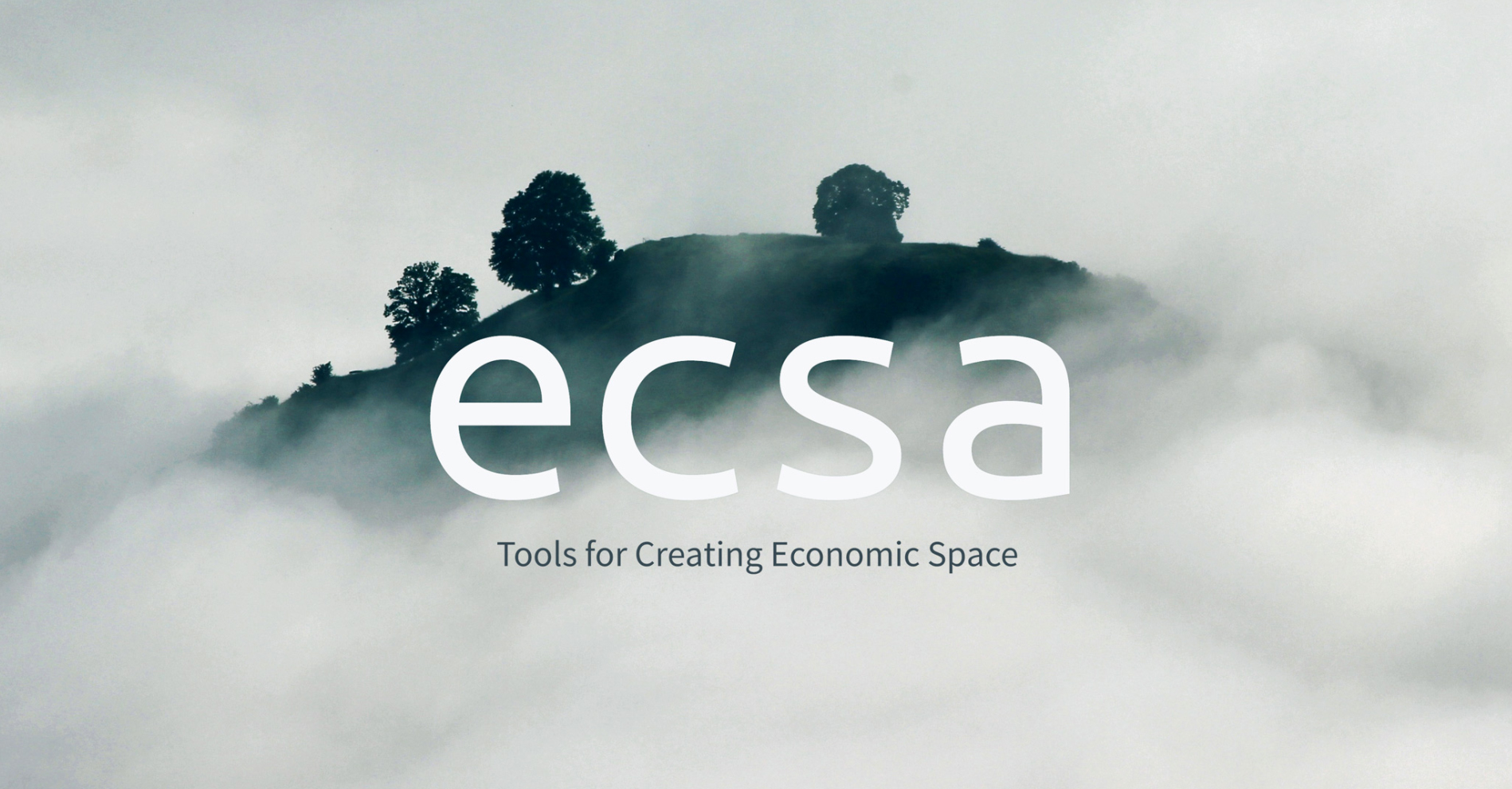 Tools for creating autonomous economic spaces with last generation financial technologies collectively operated on peer to peer and open source fashions.
Tools for creating autonomous economic spaces with last generation financial technologies collectively operated on peer to peer and open source fashions.